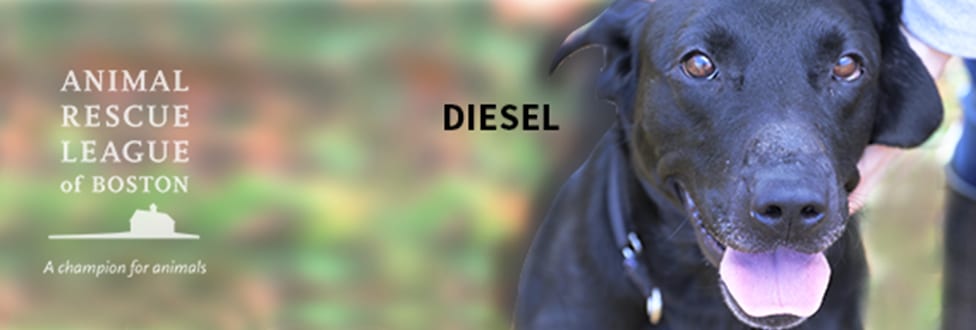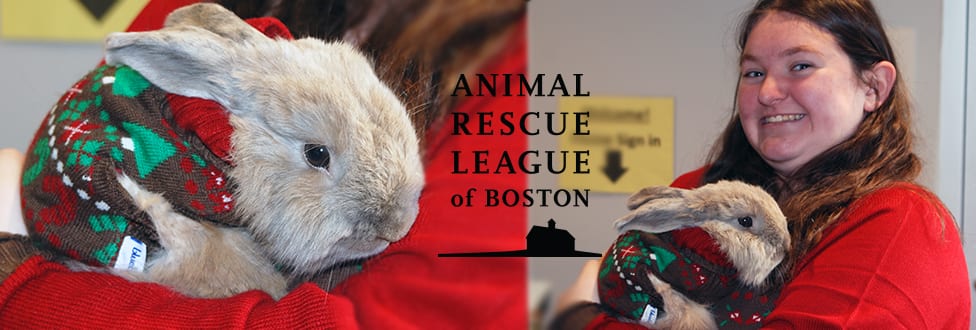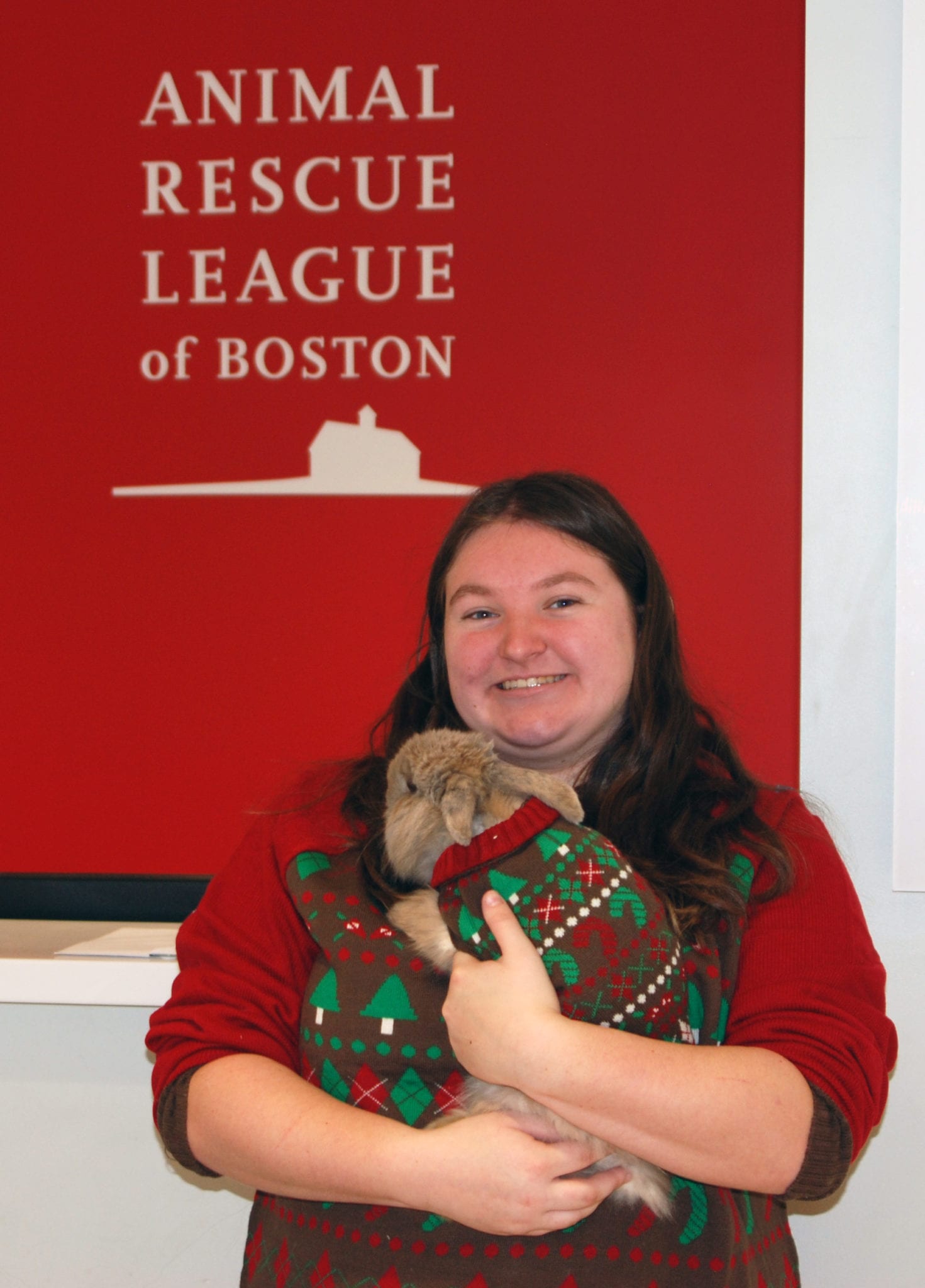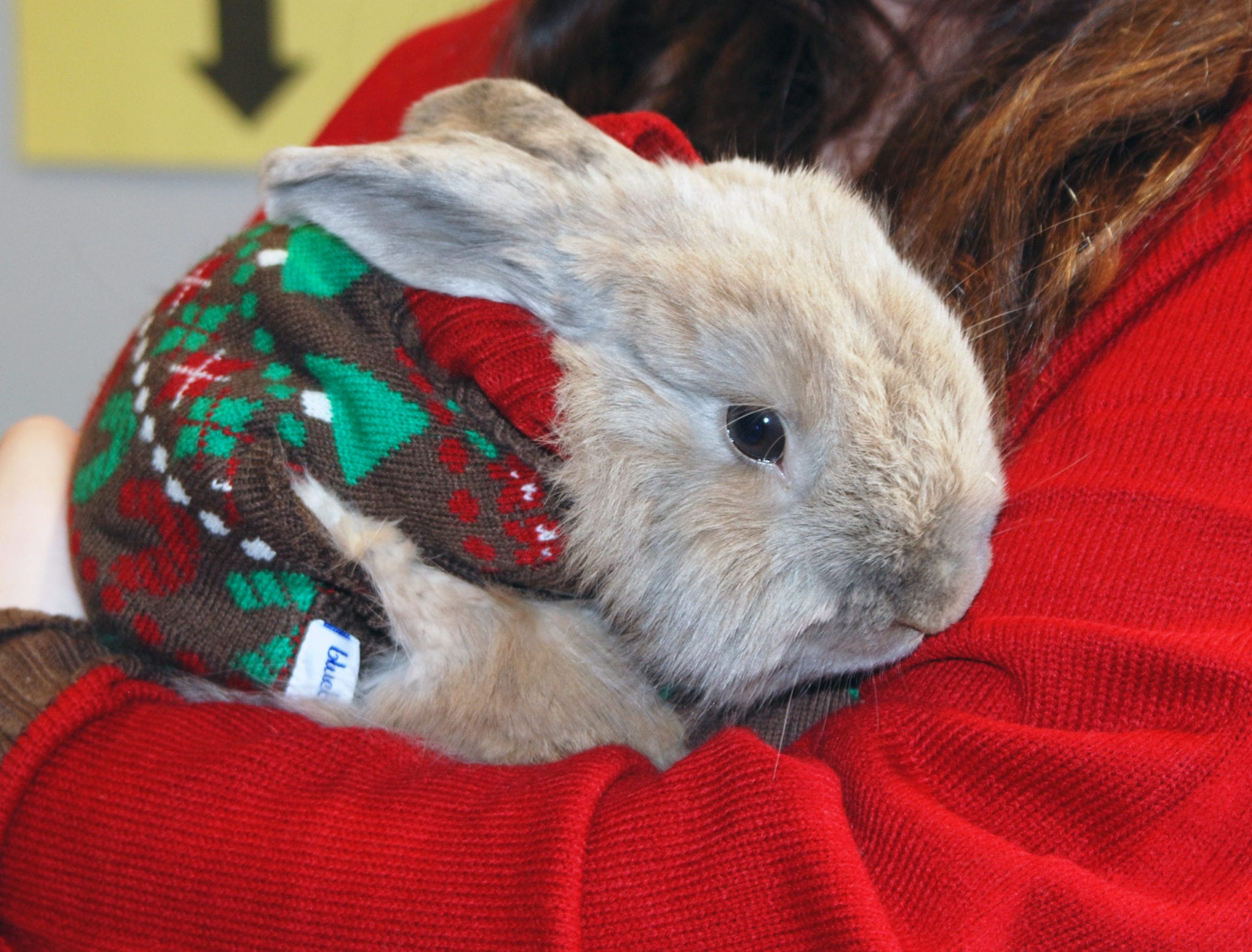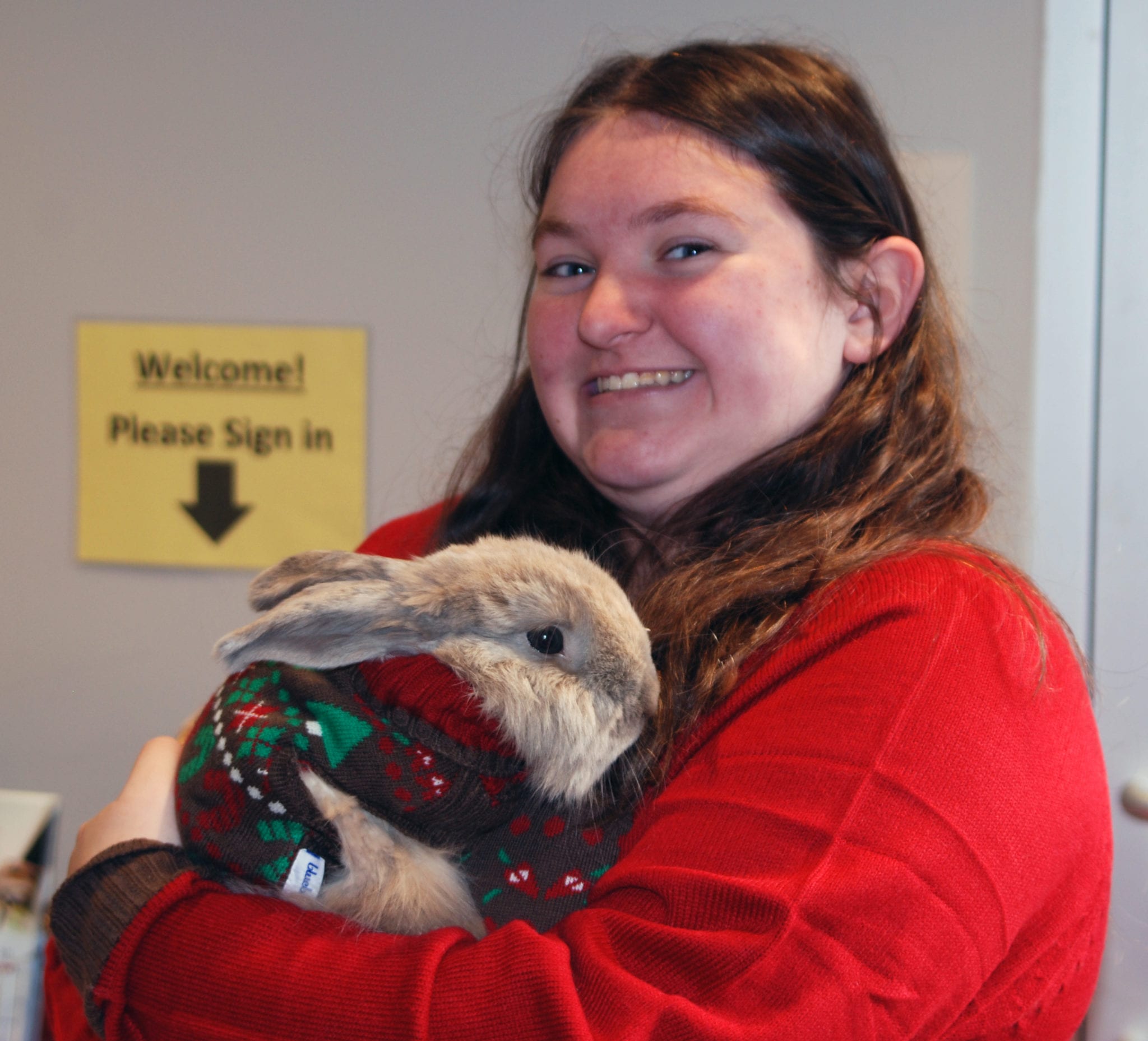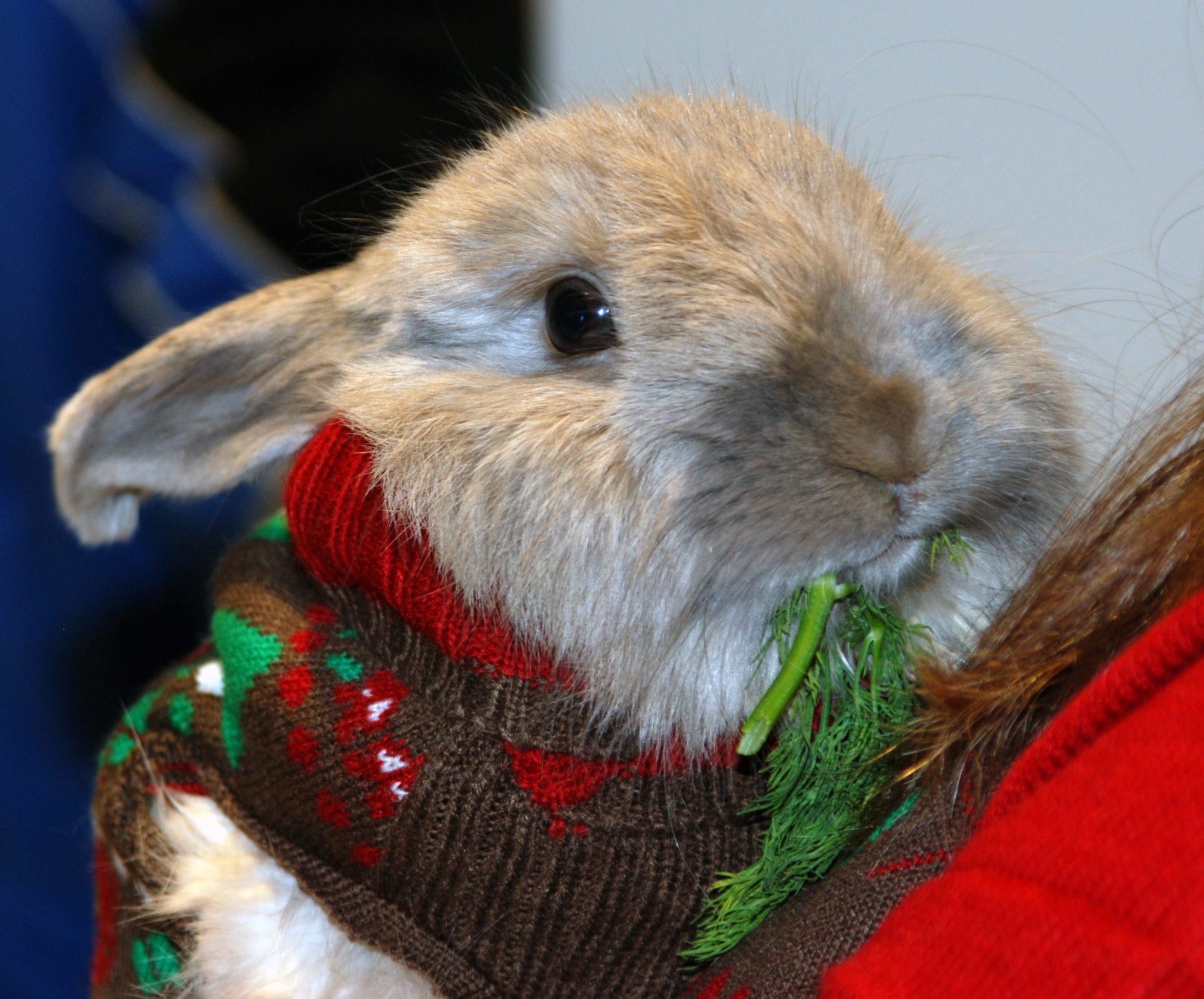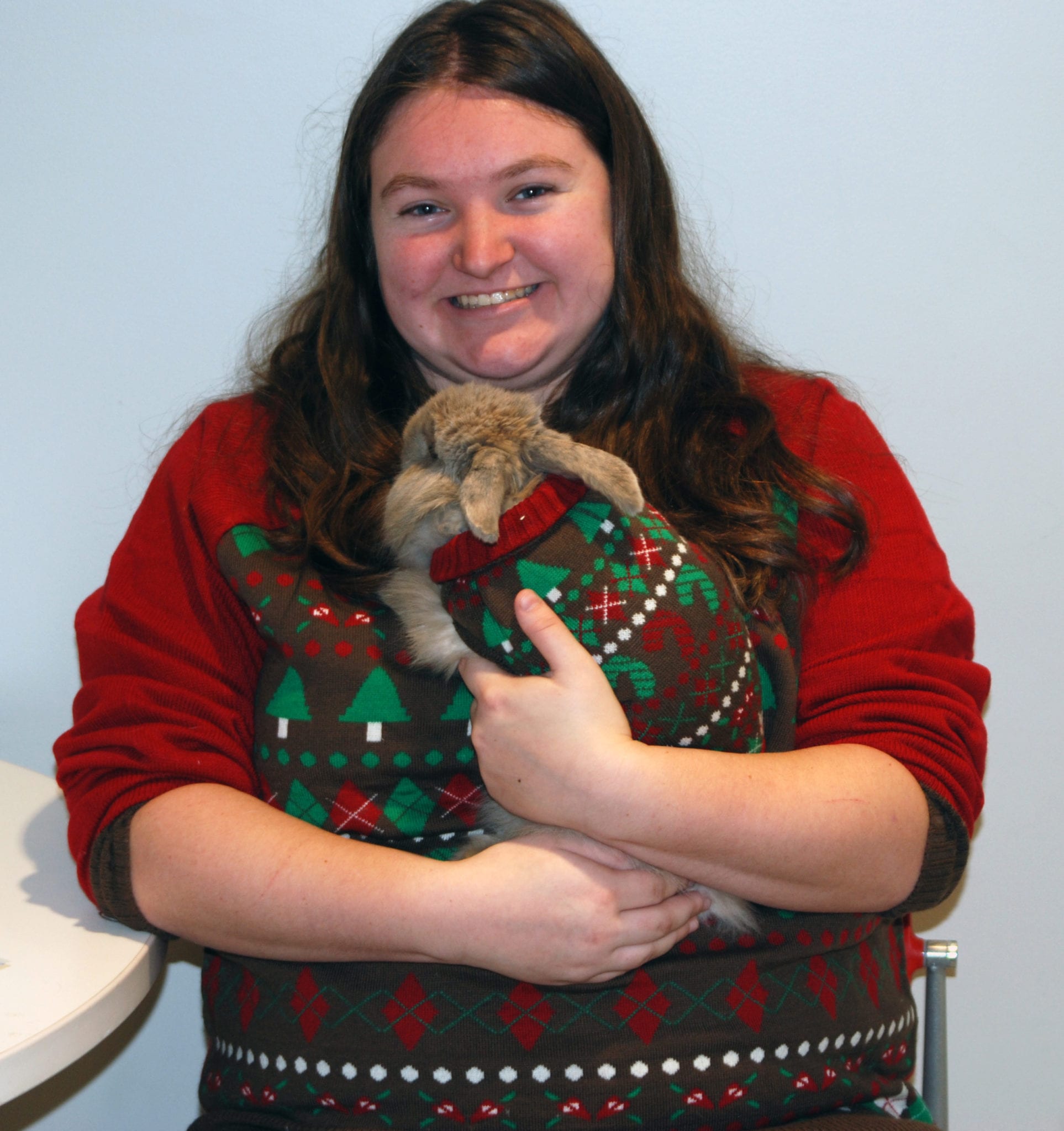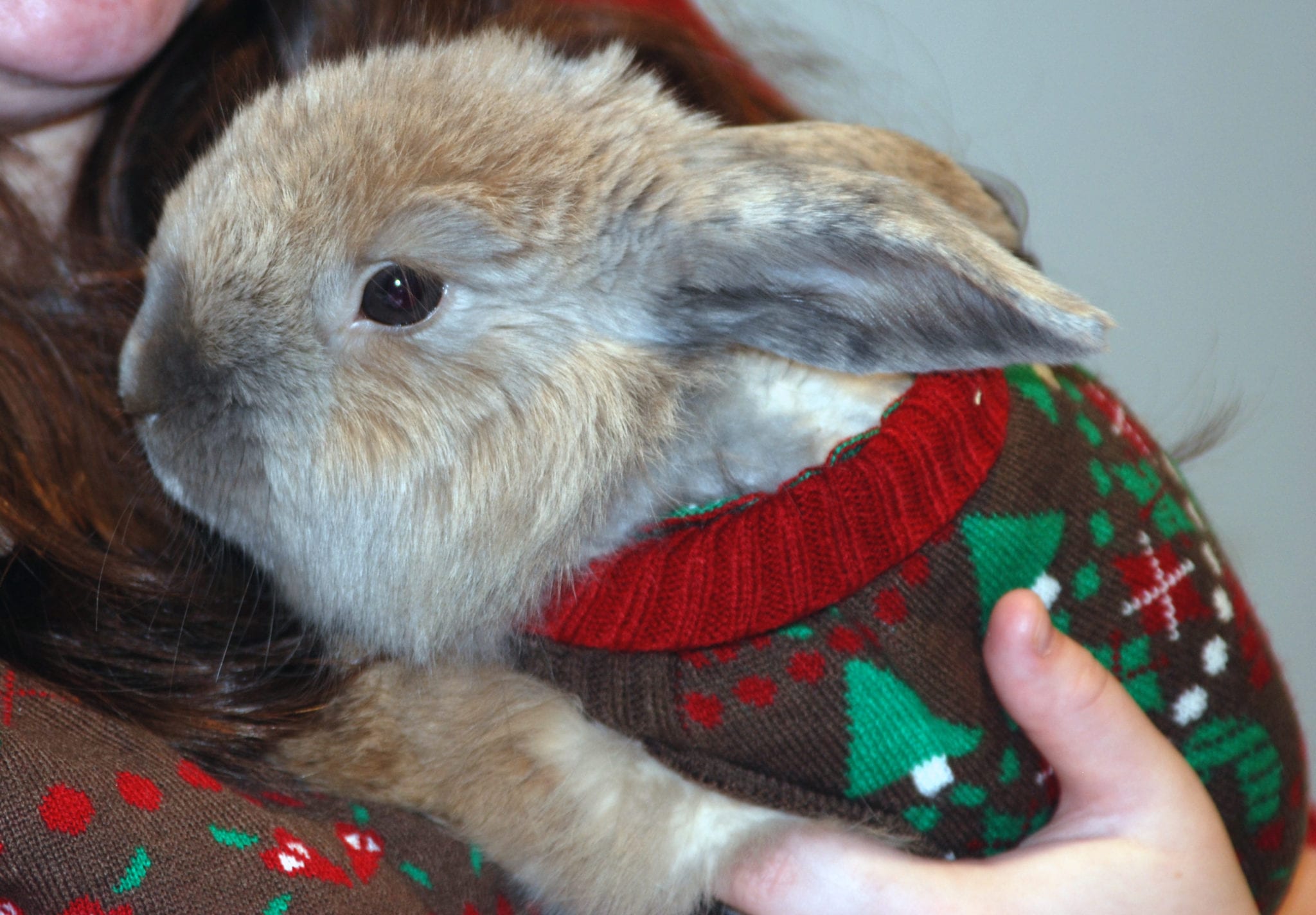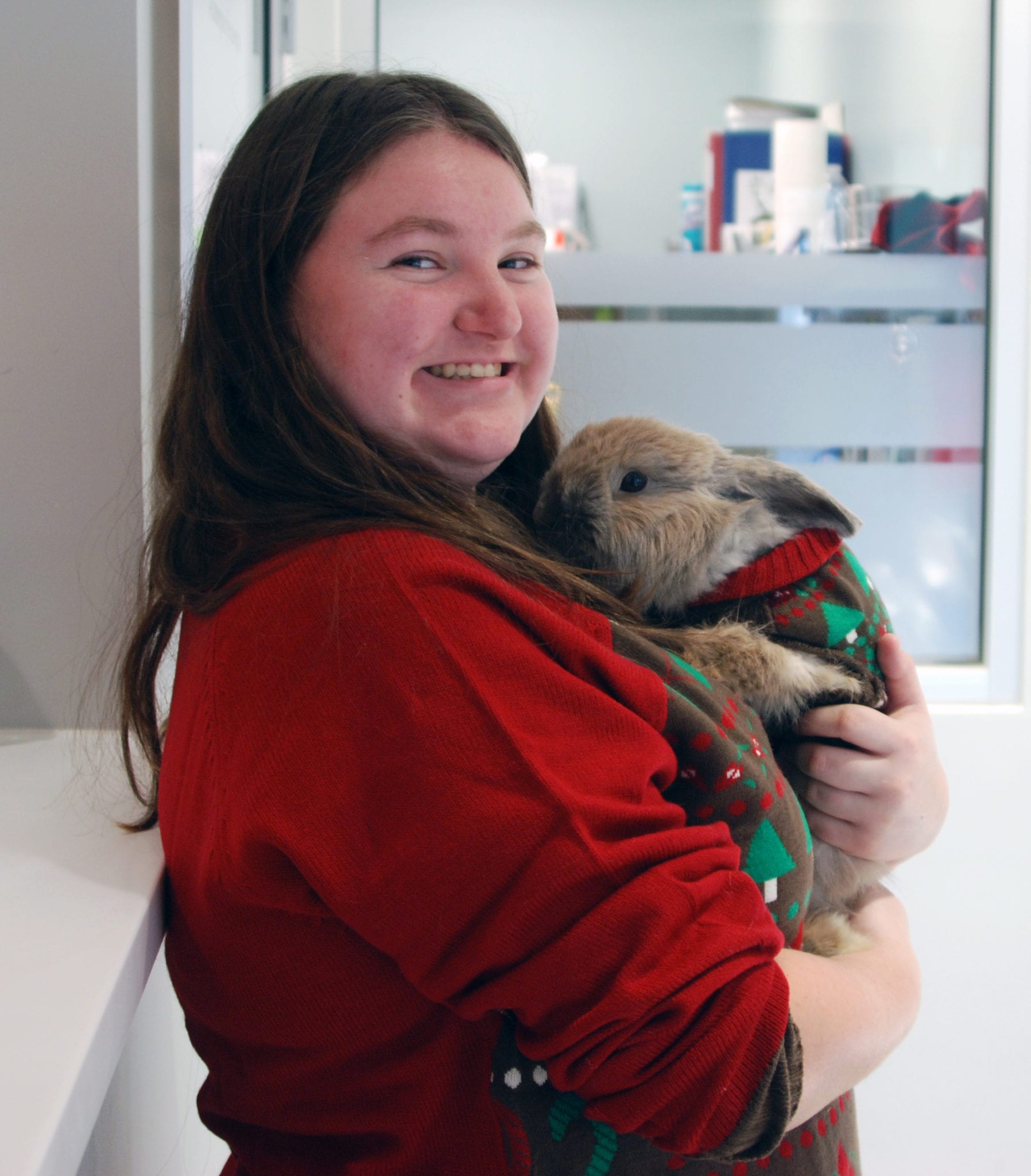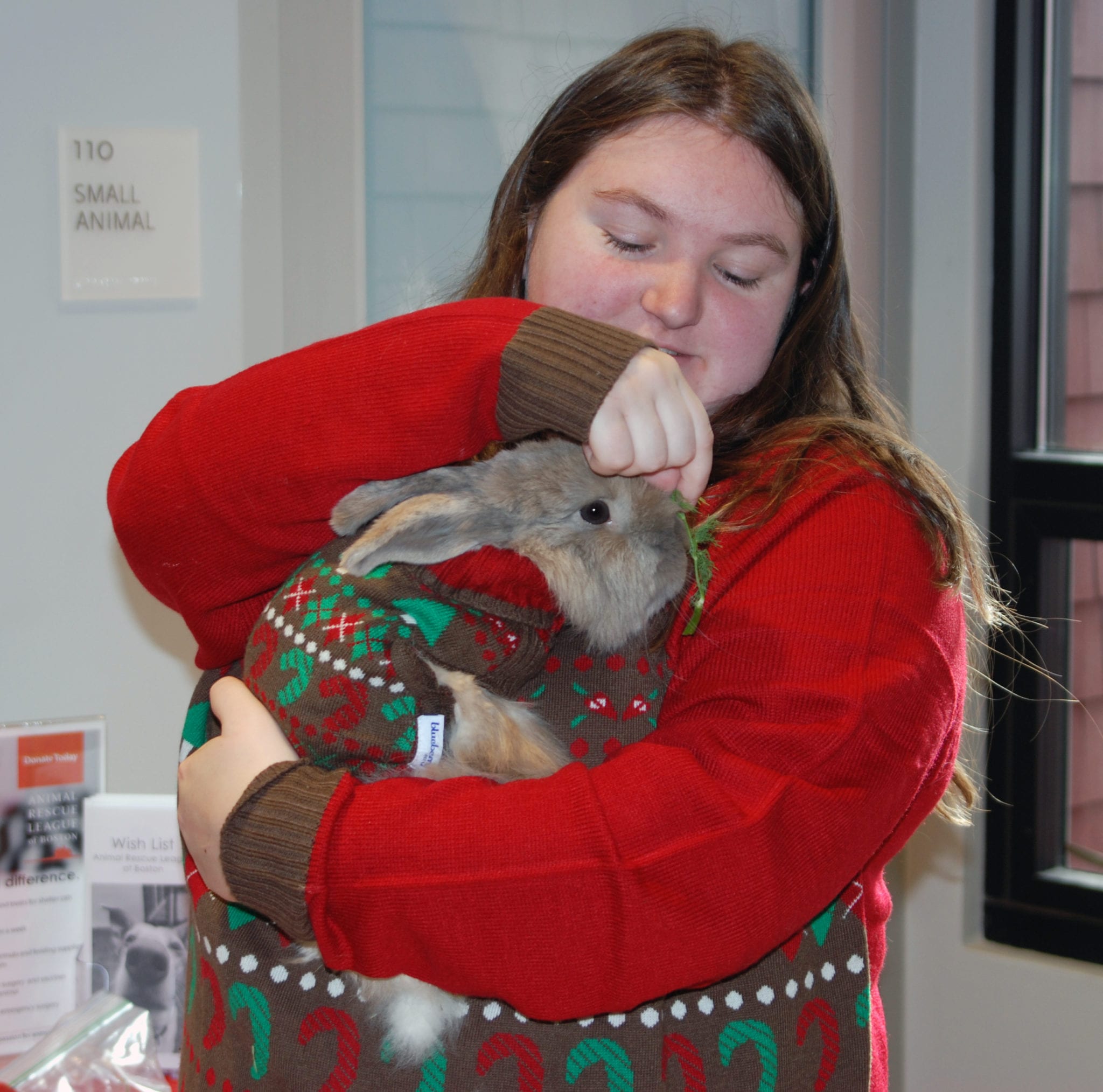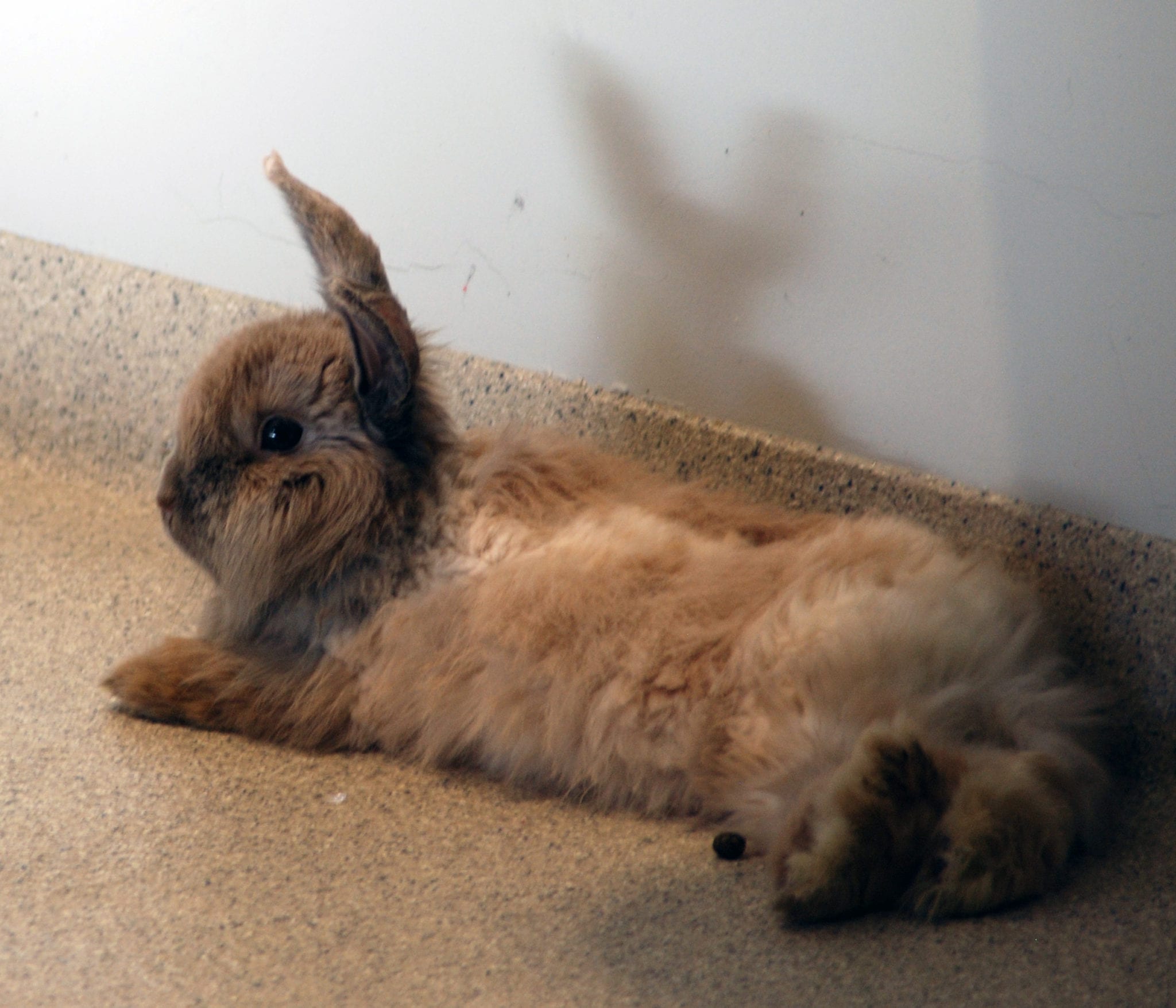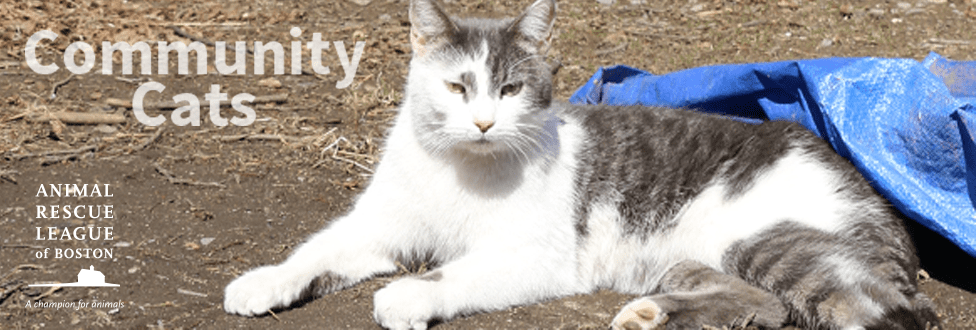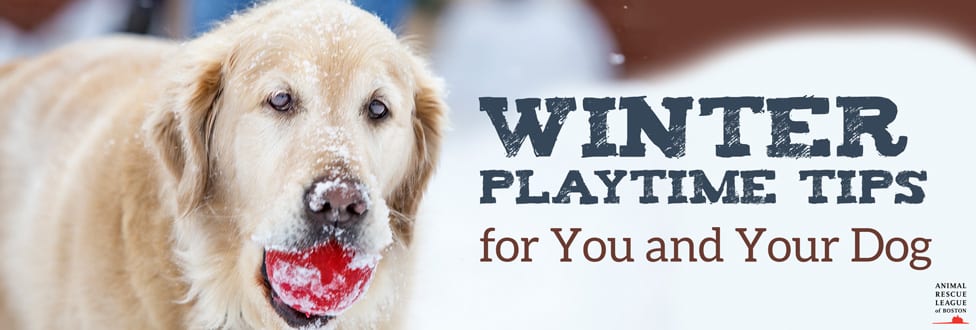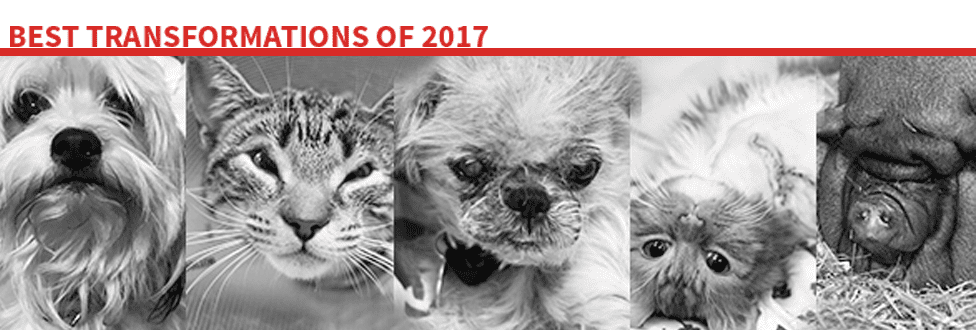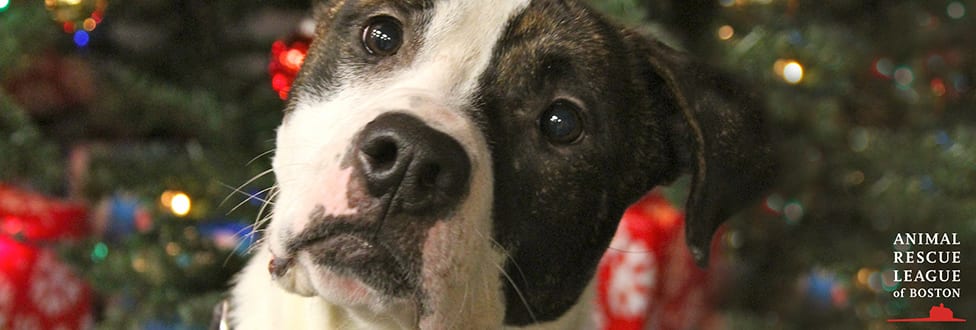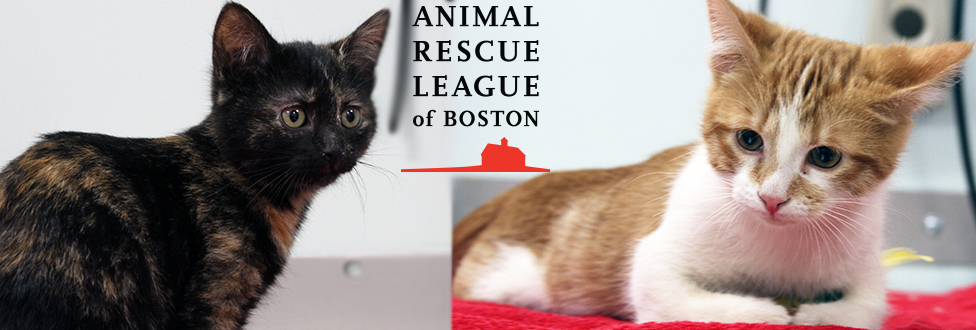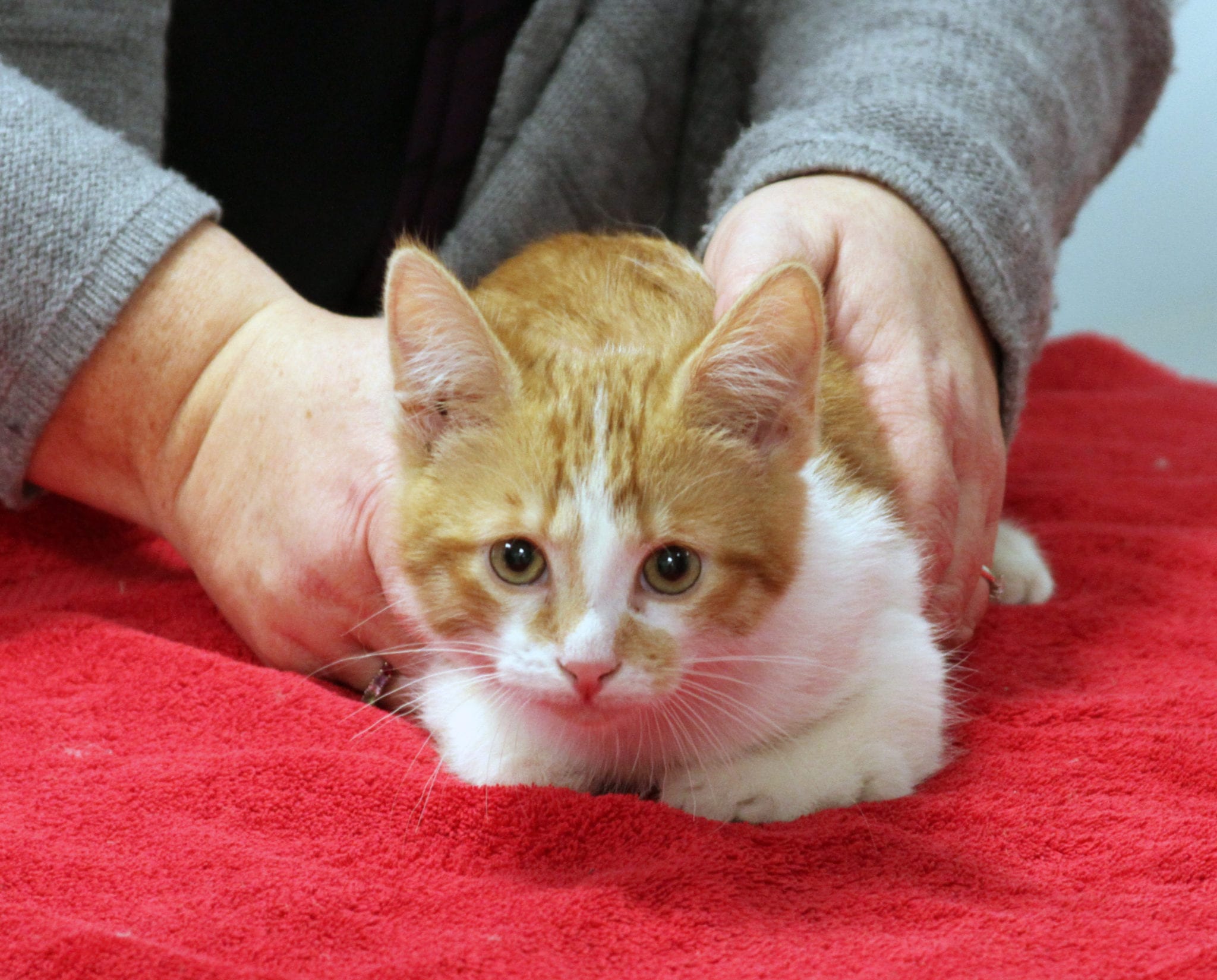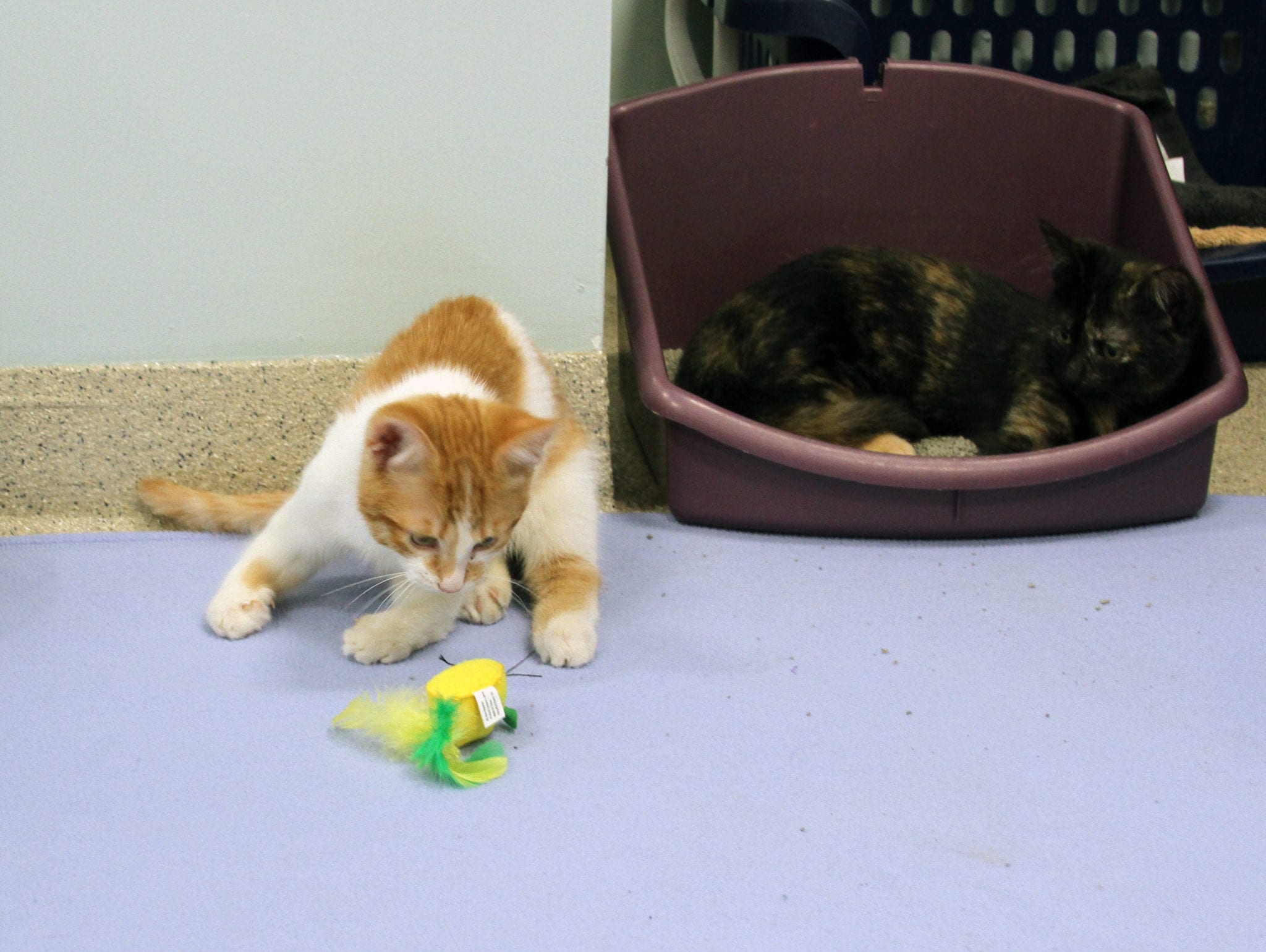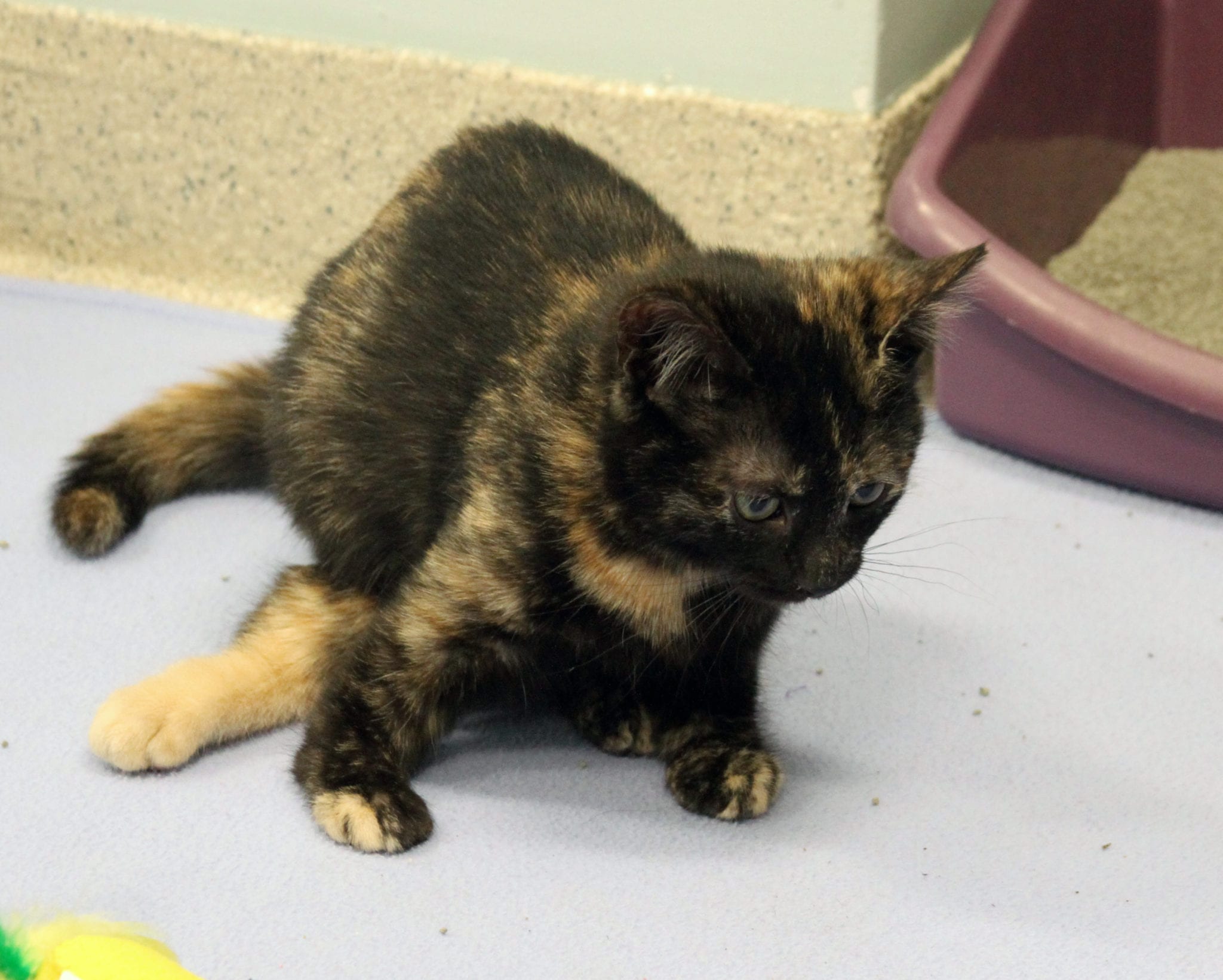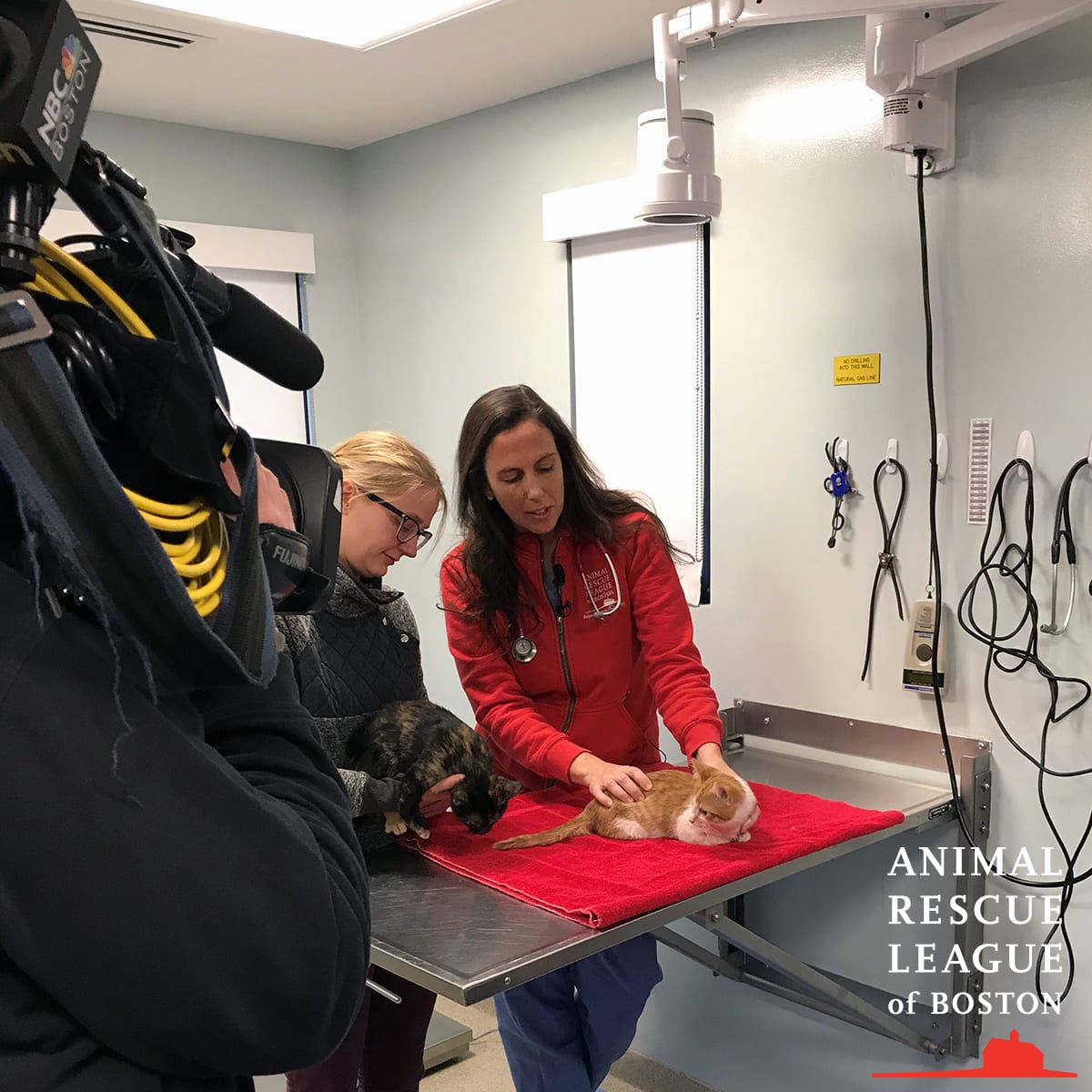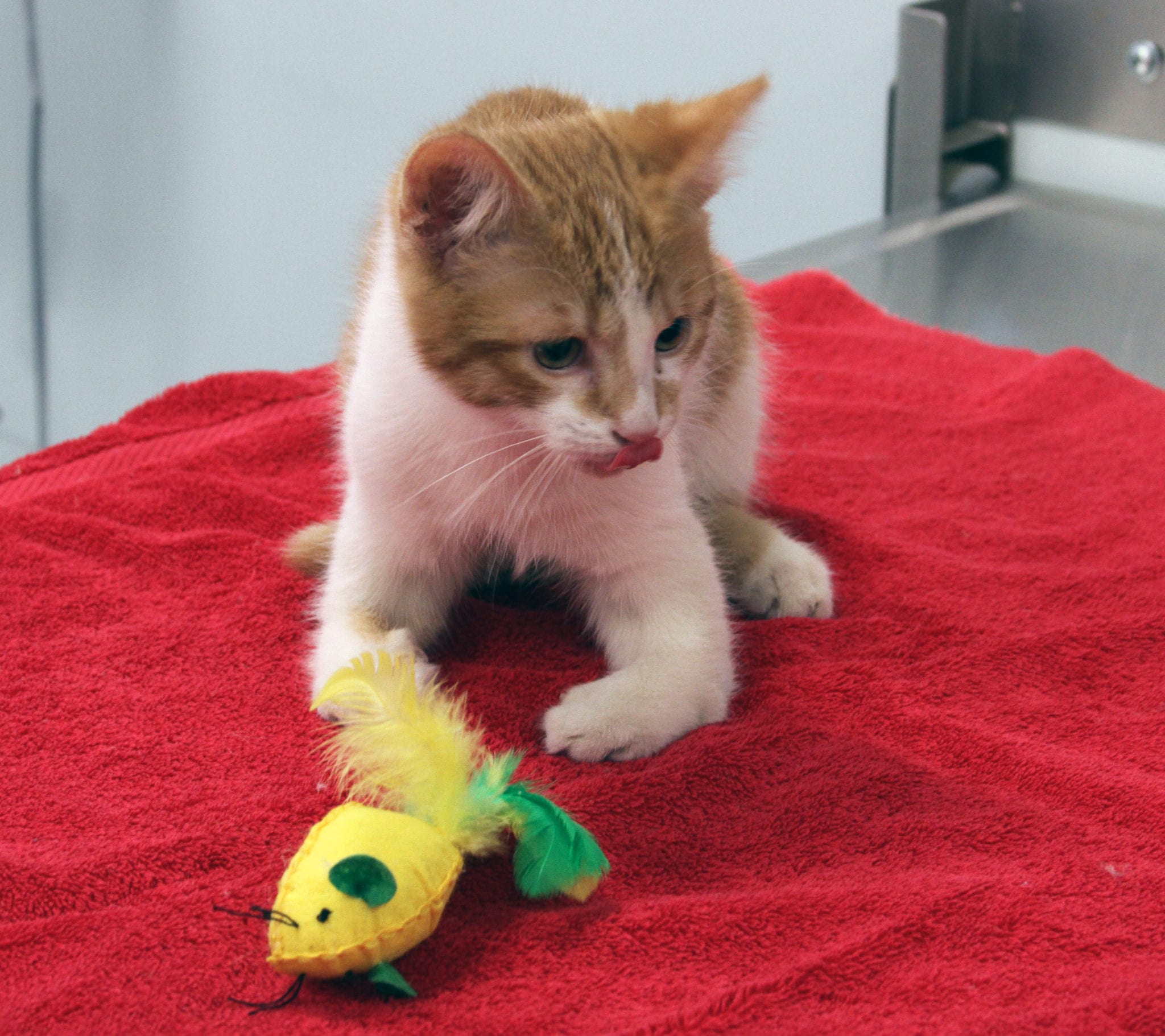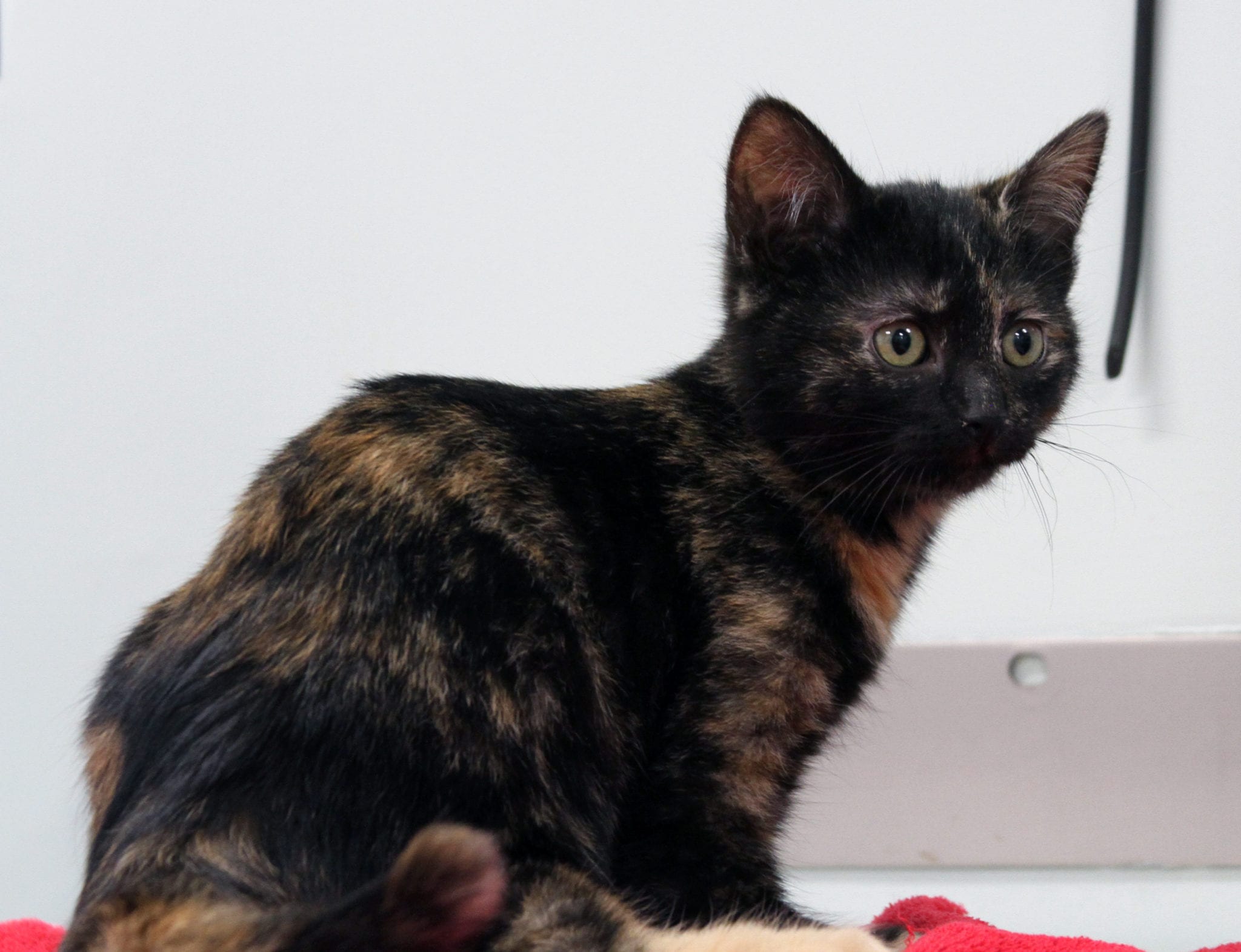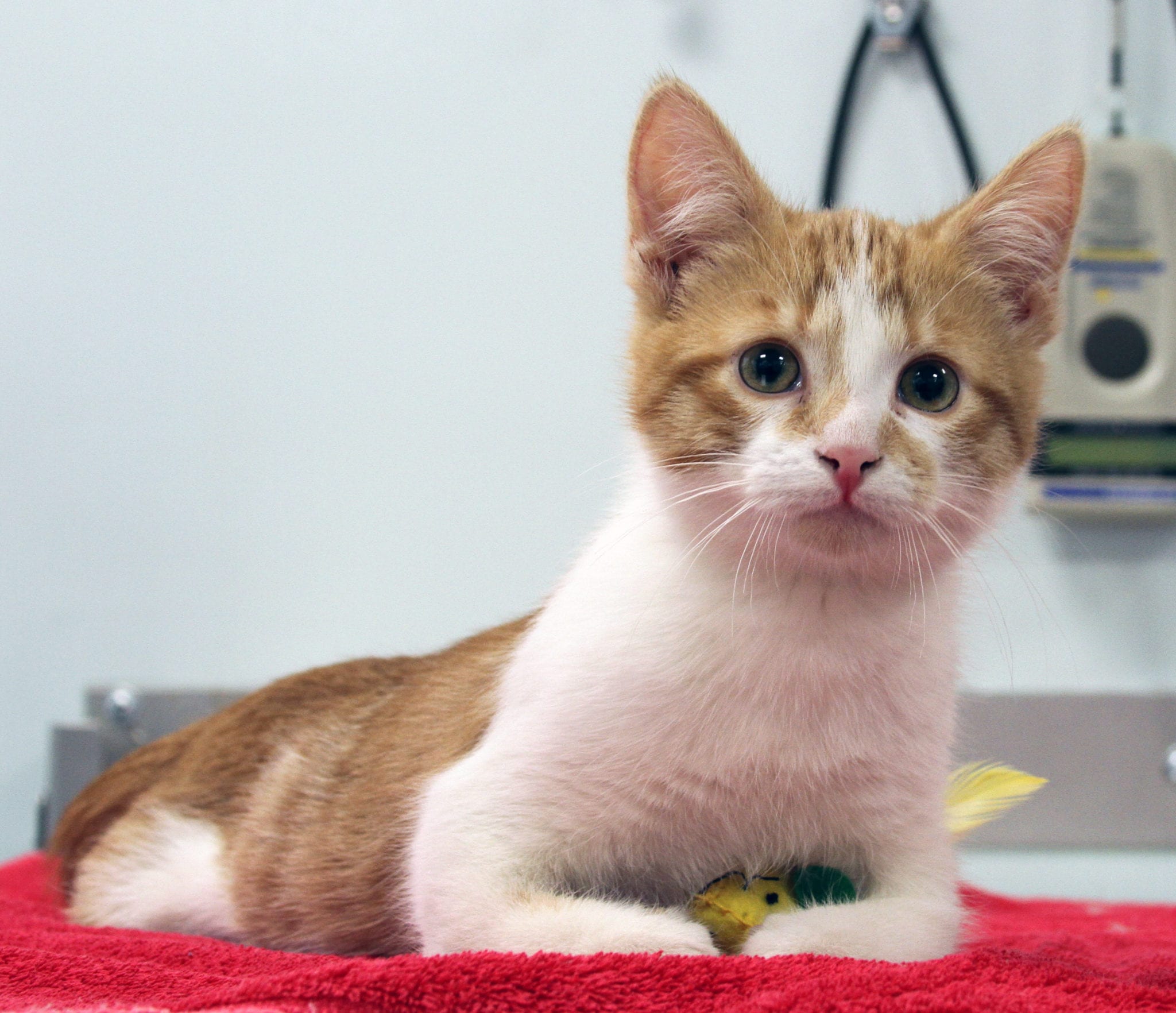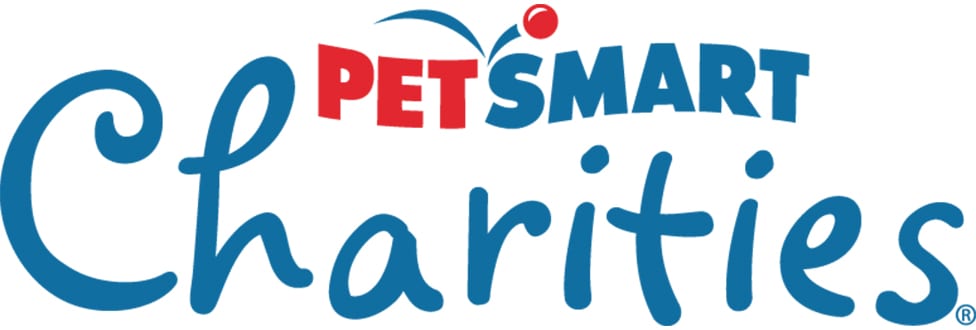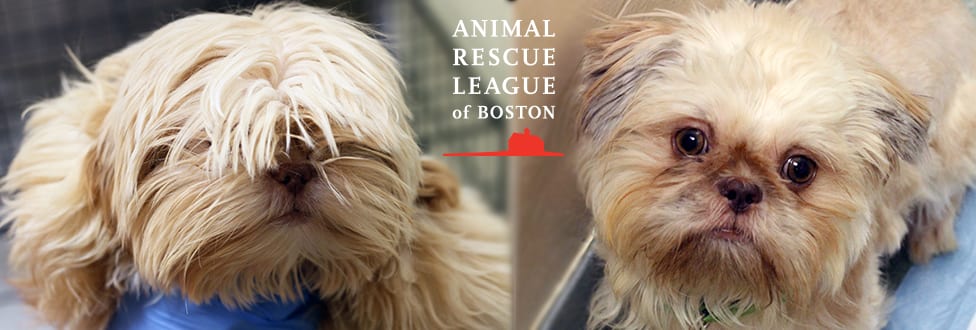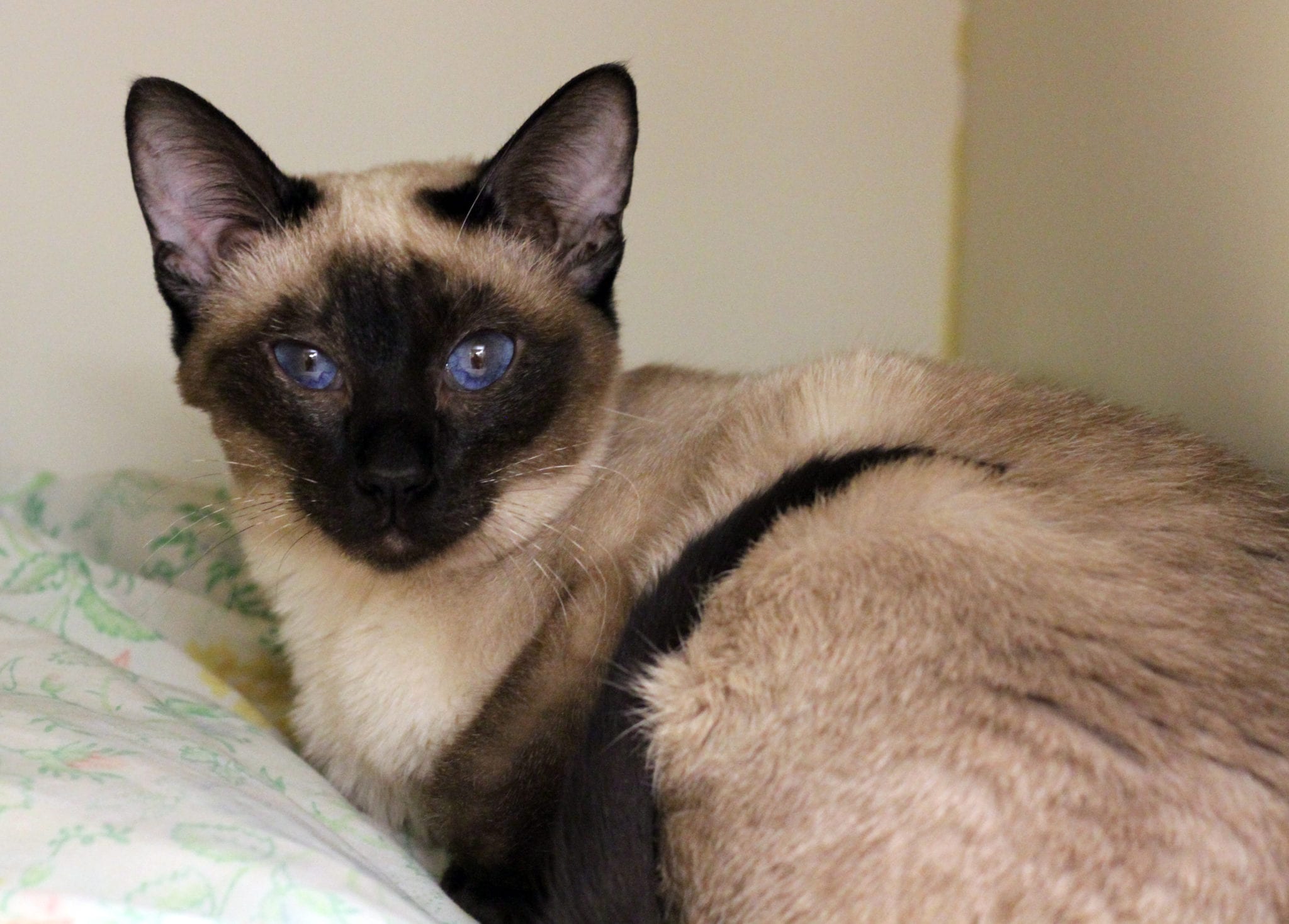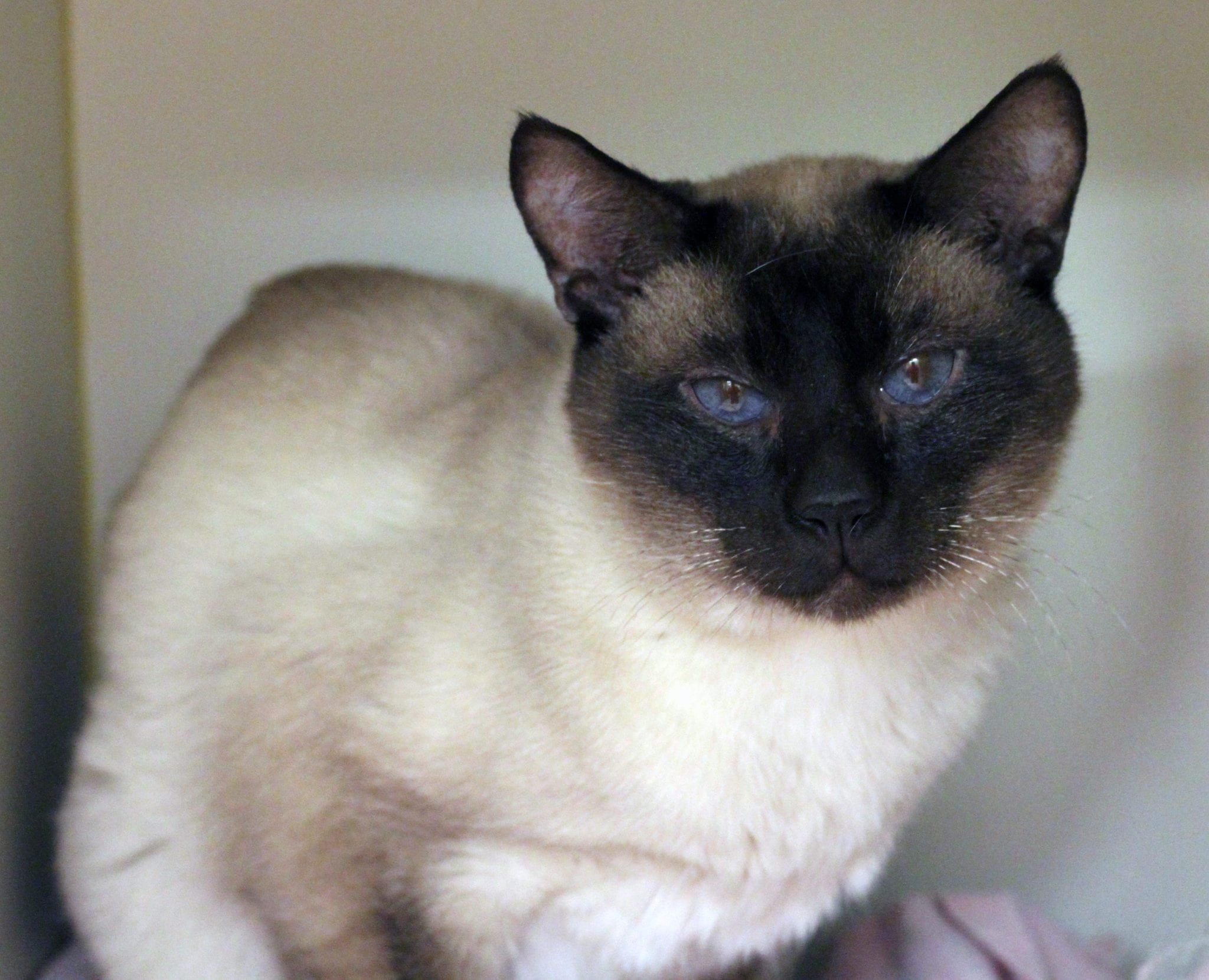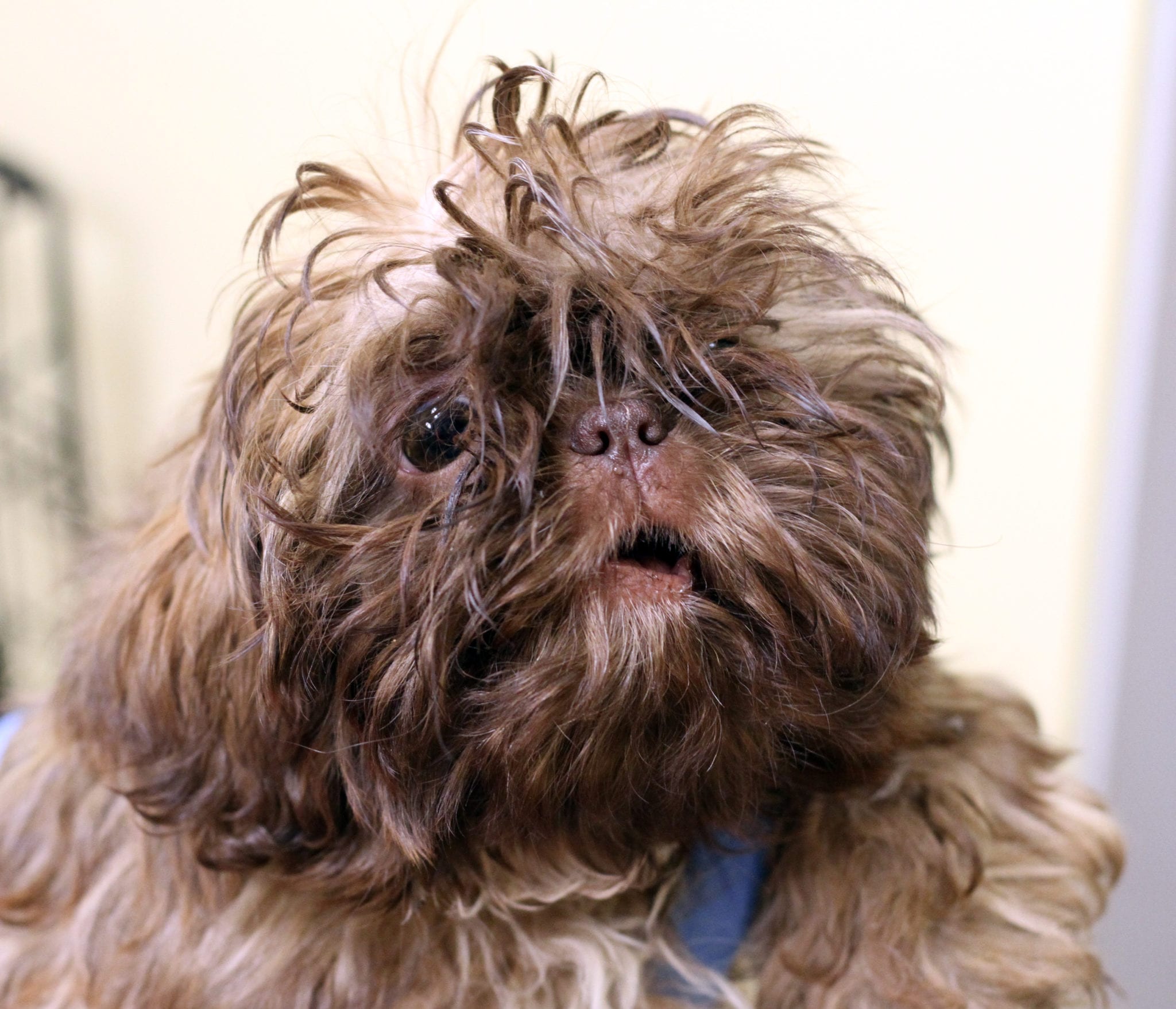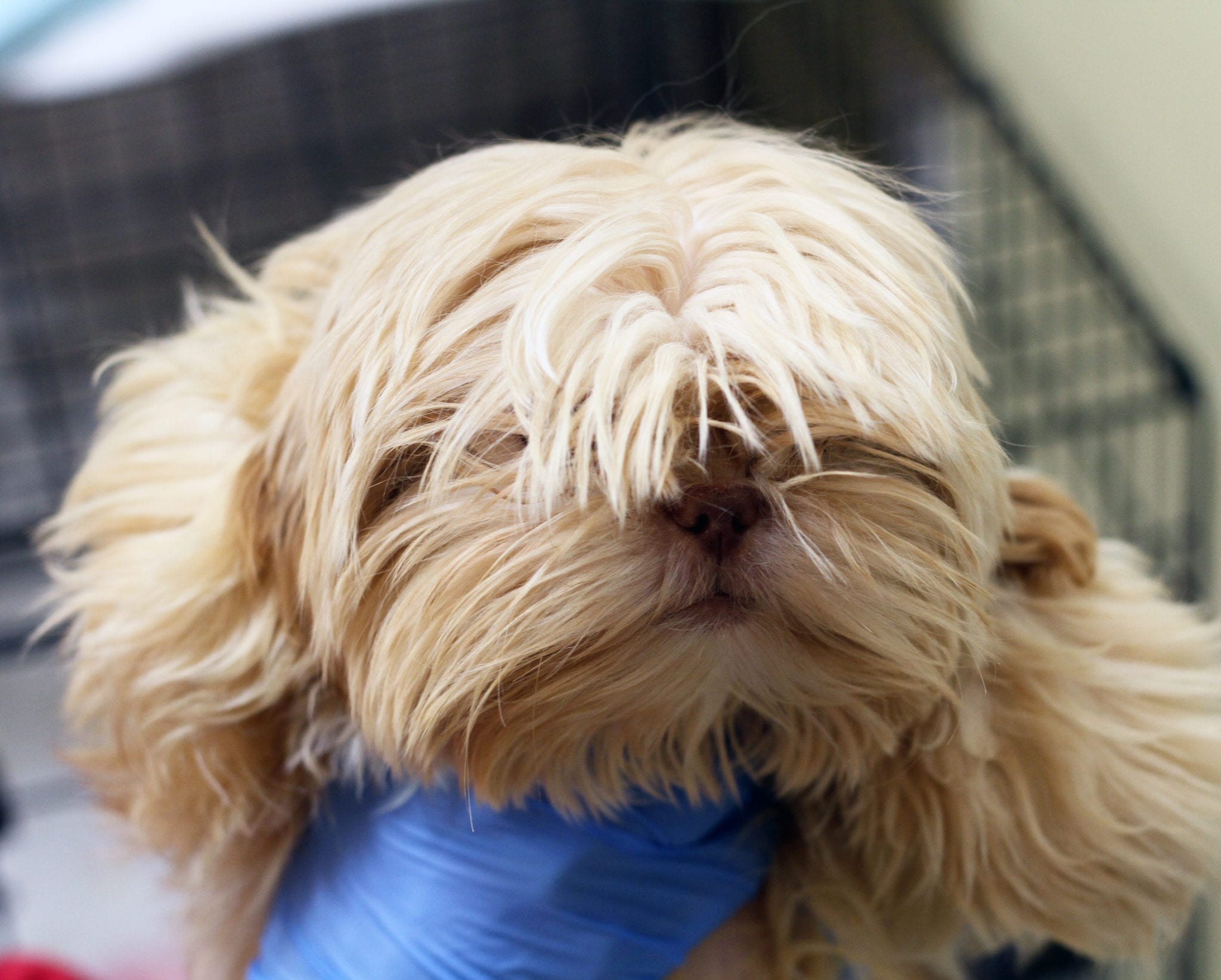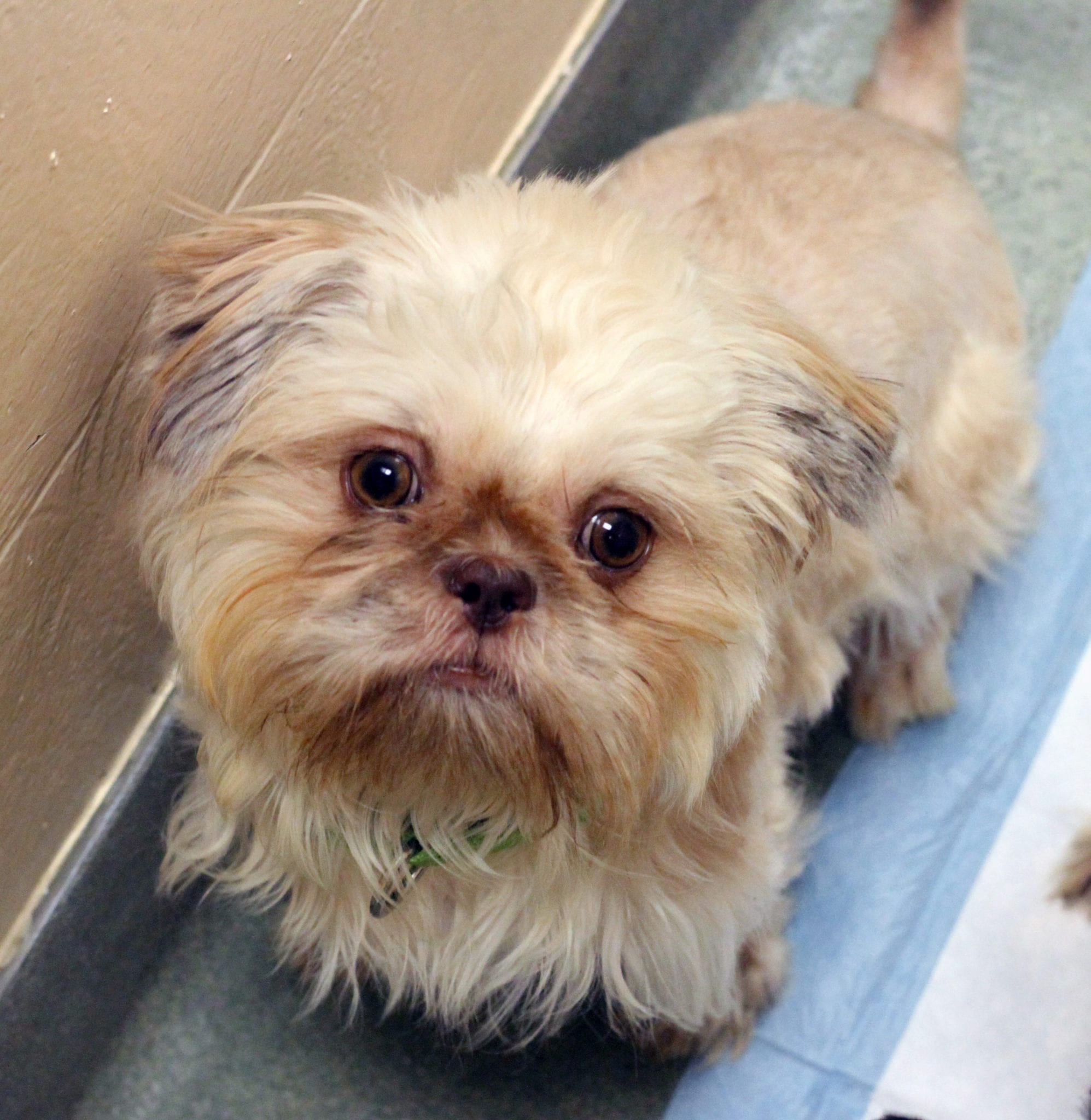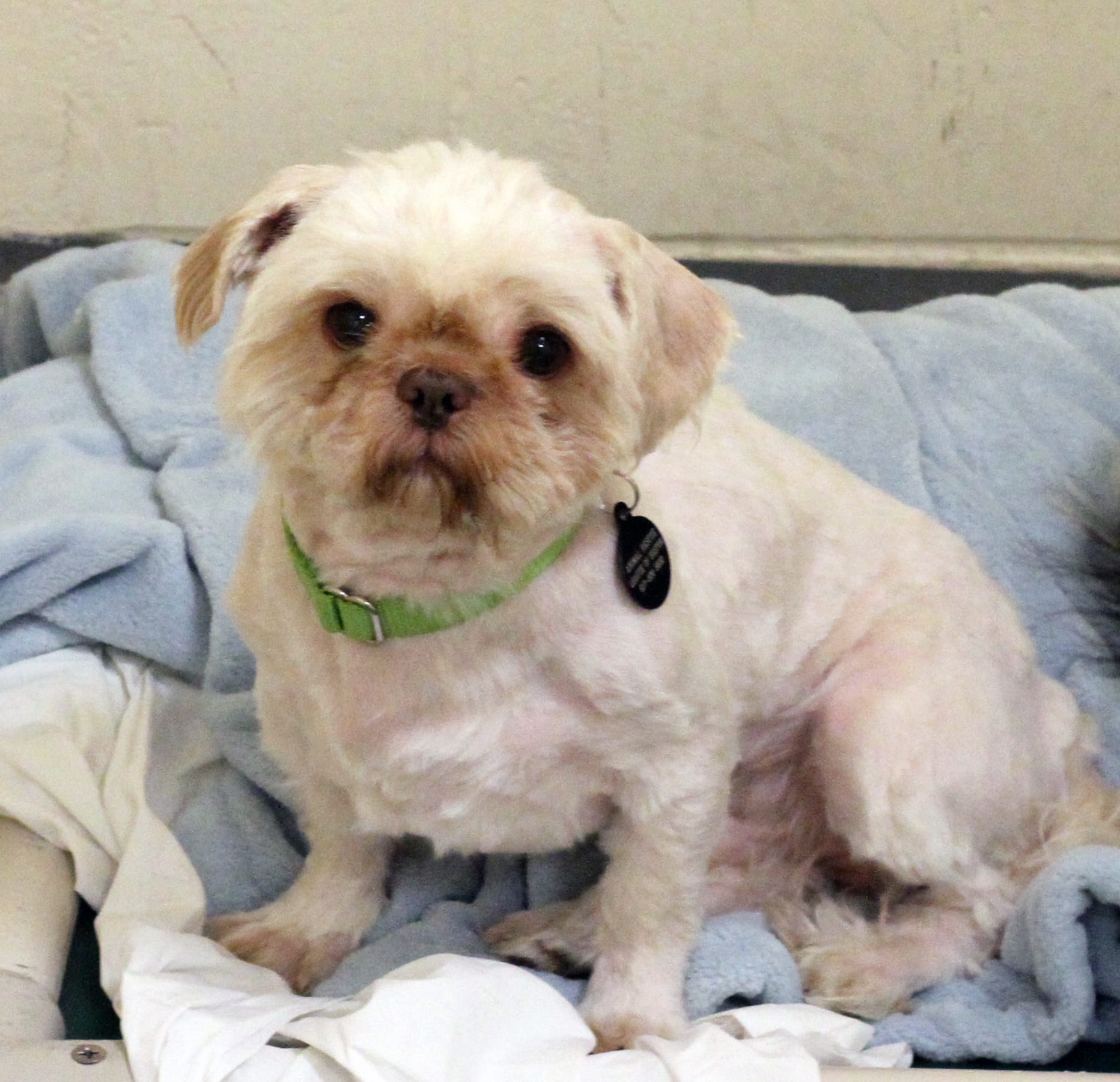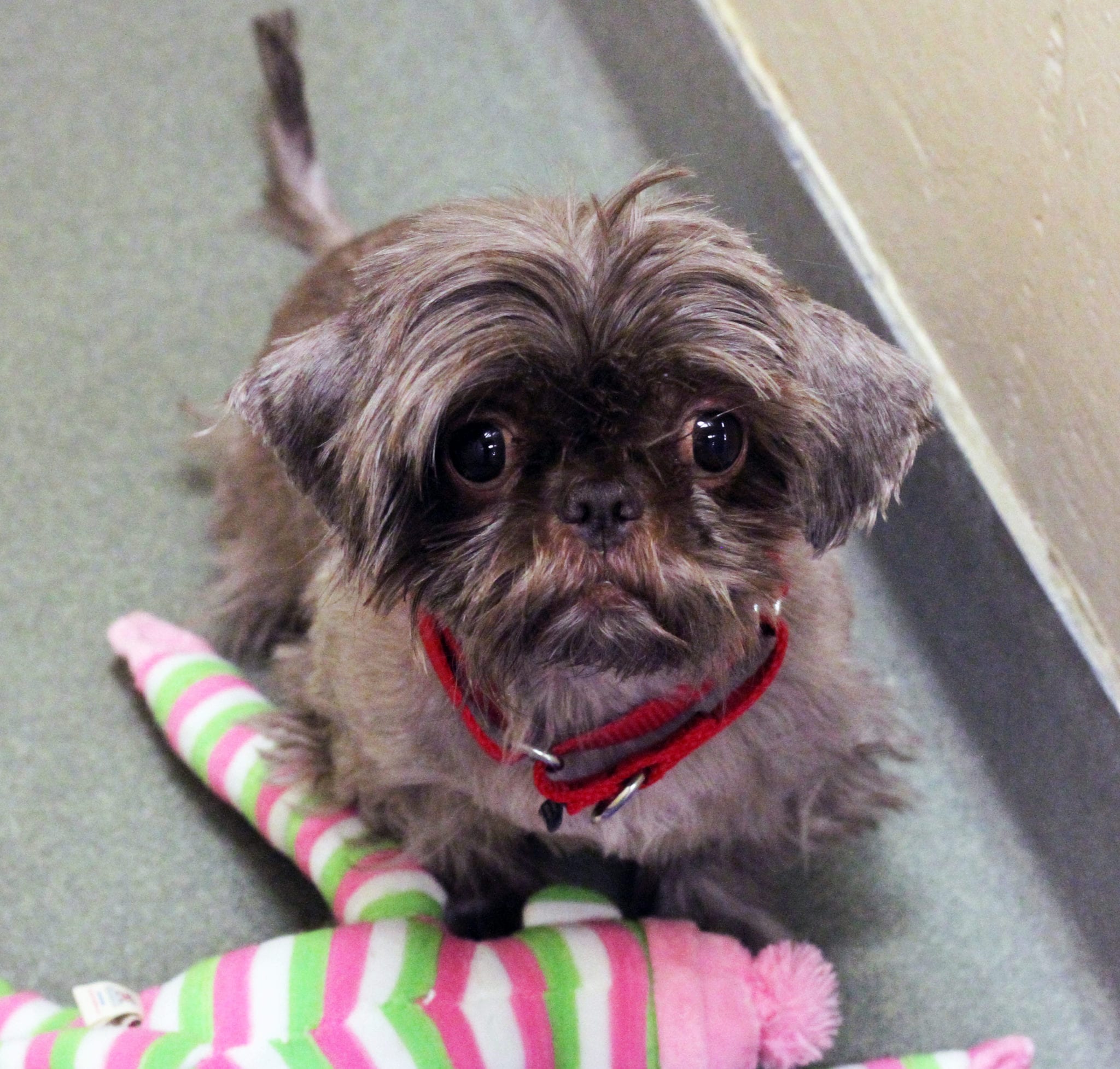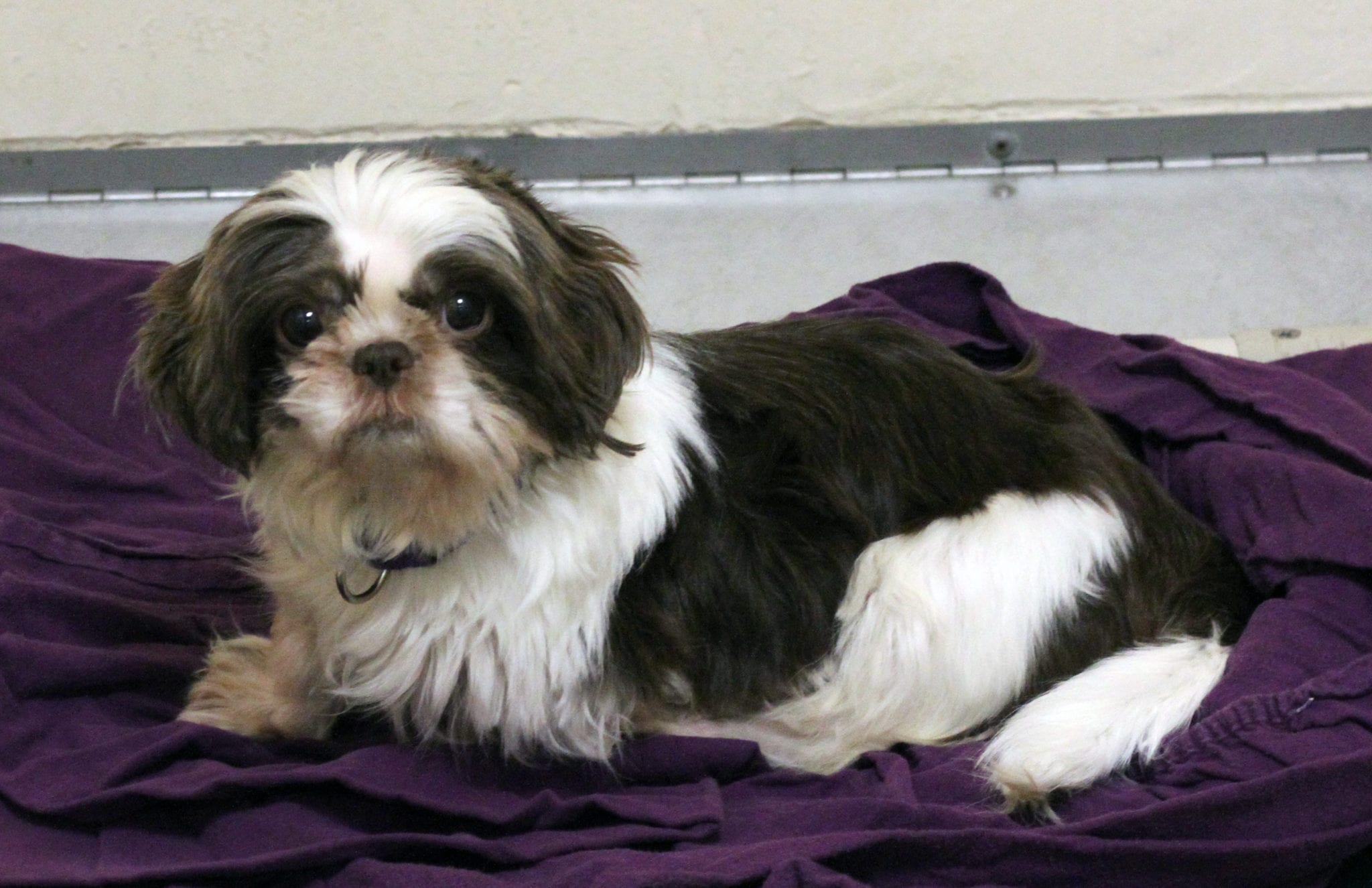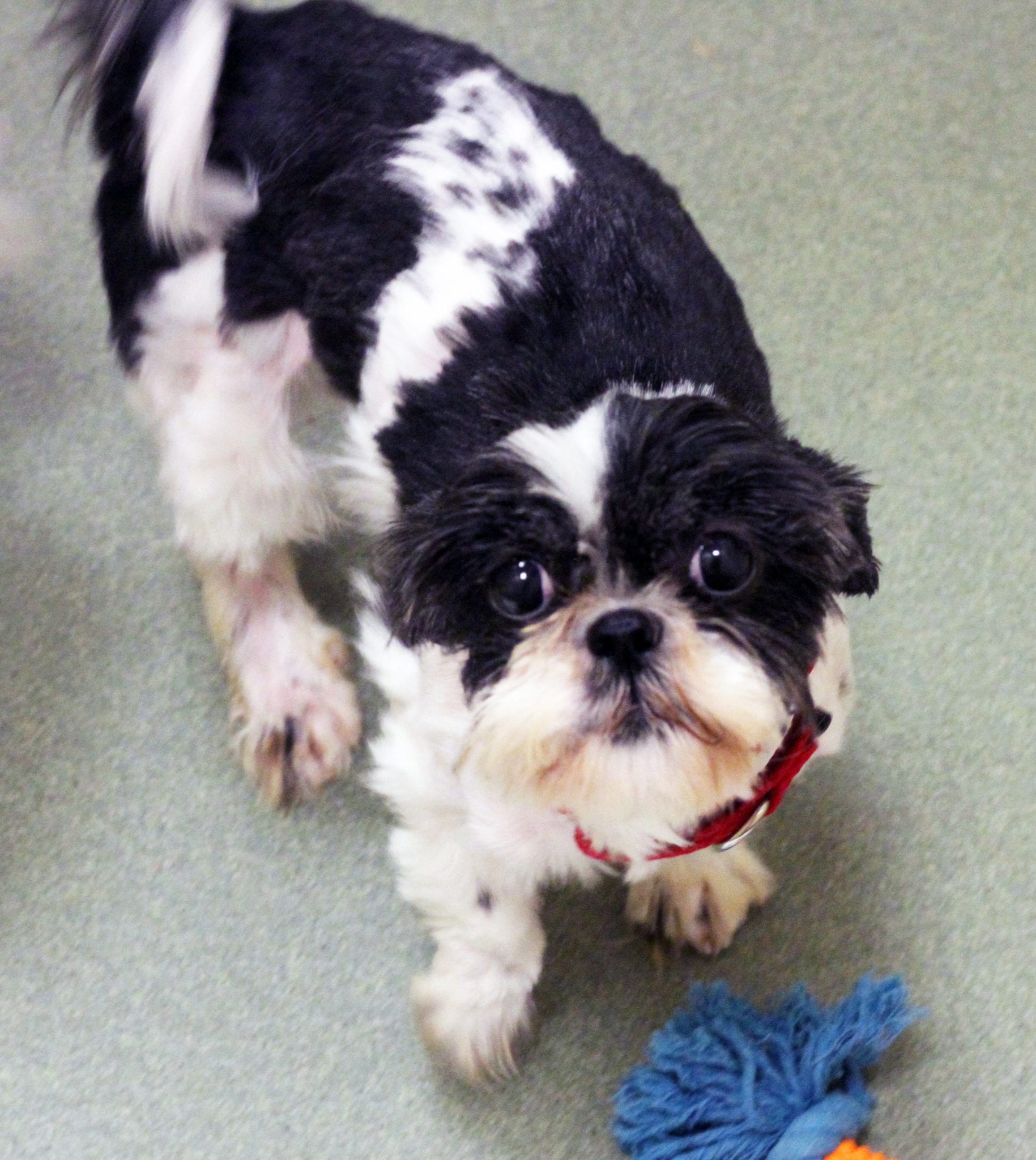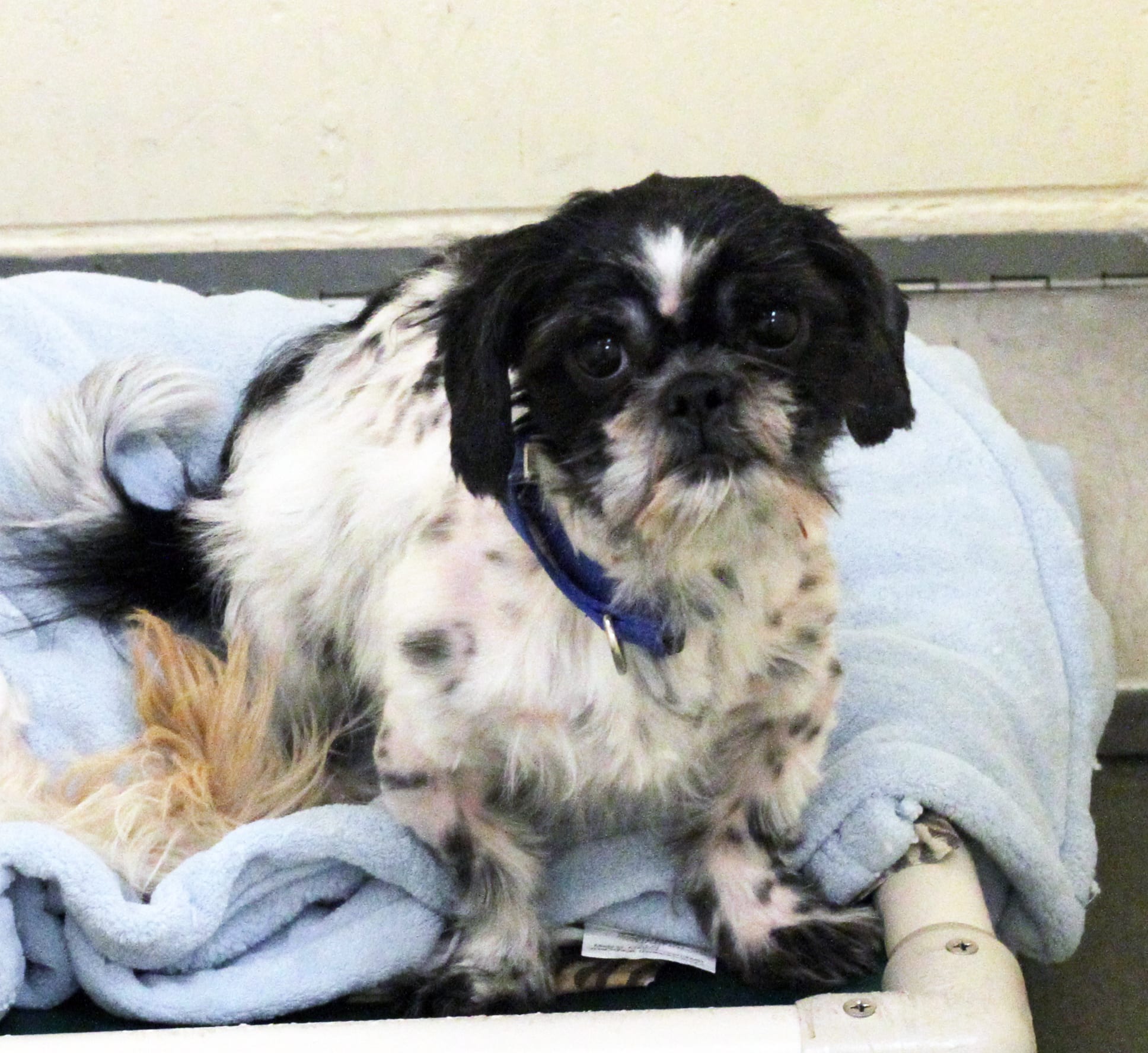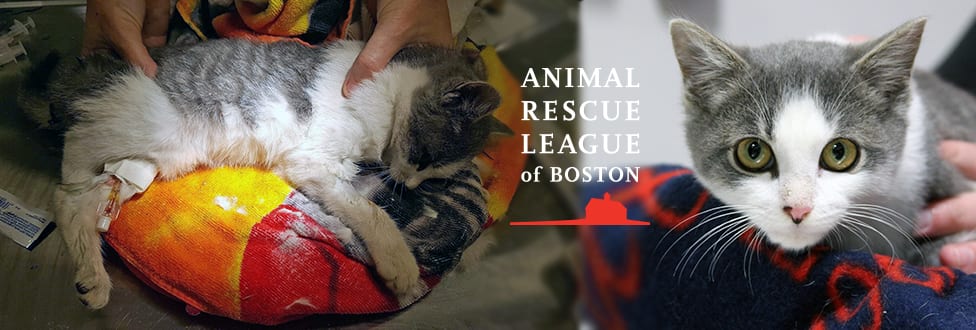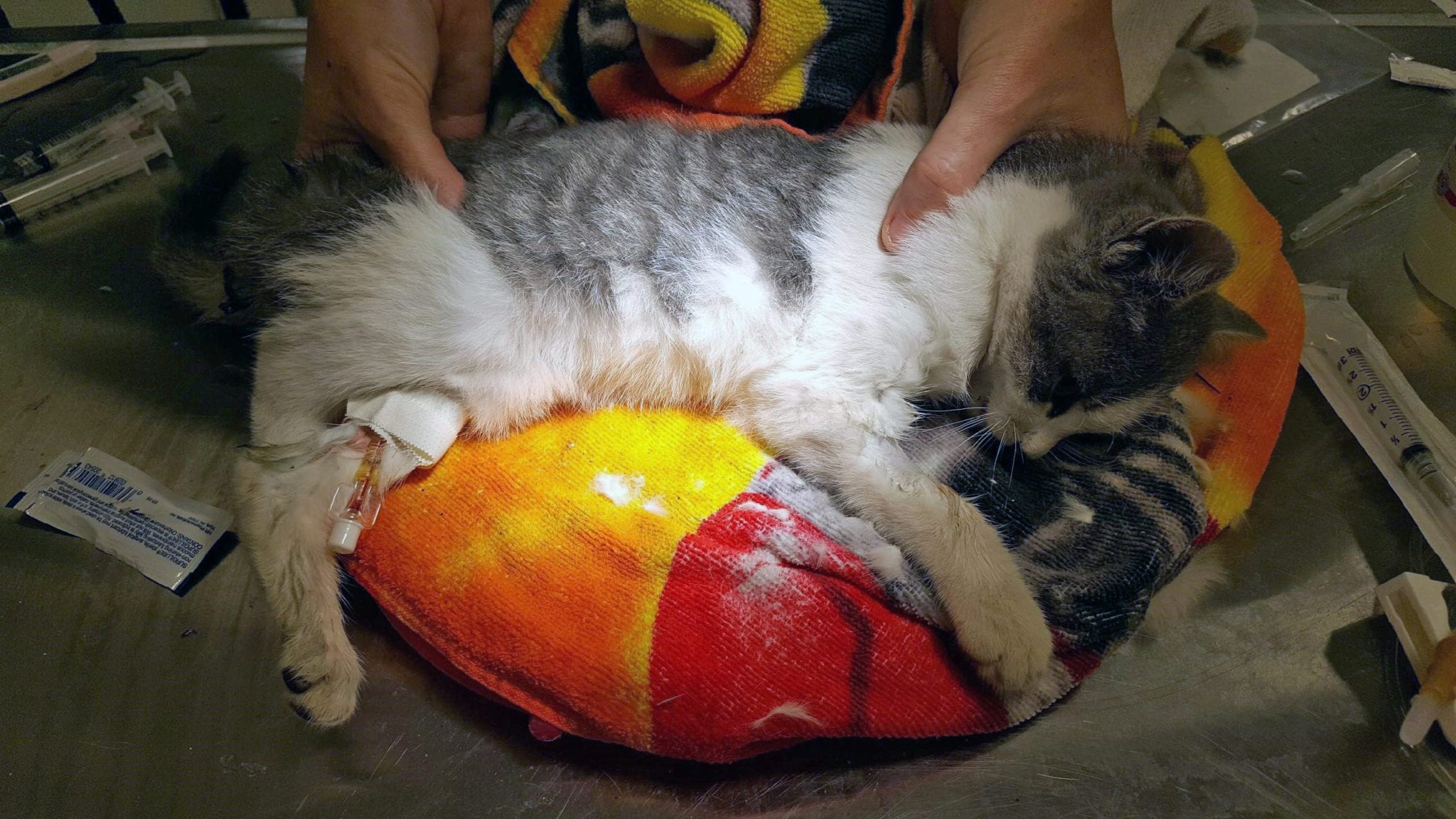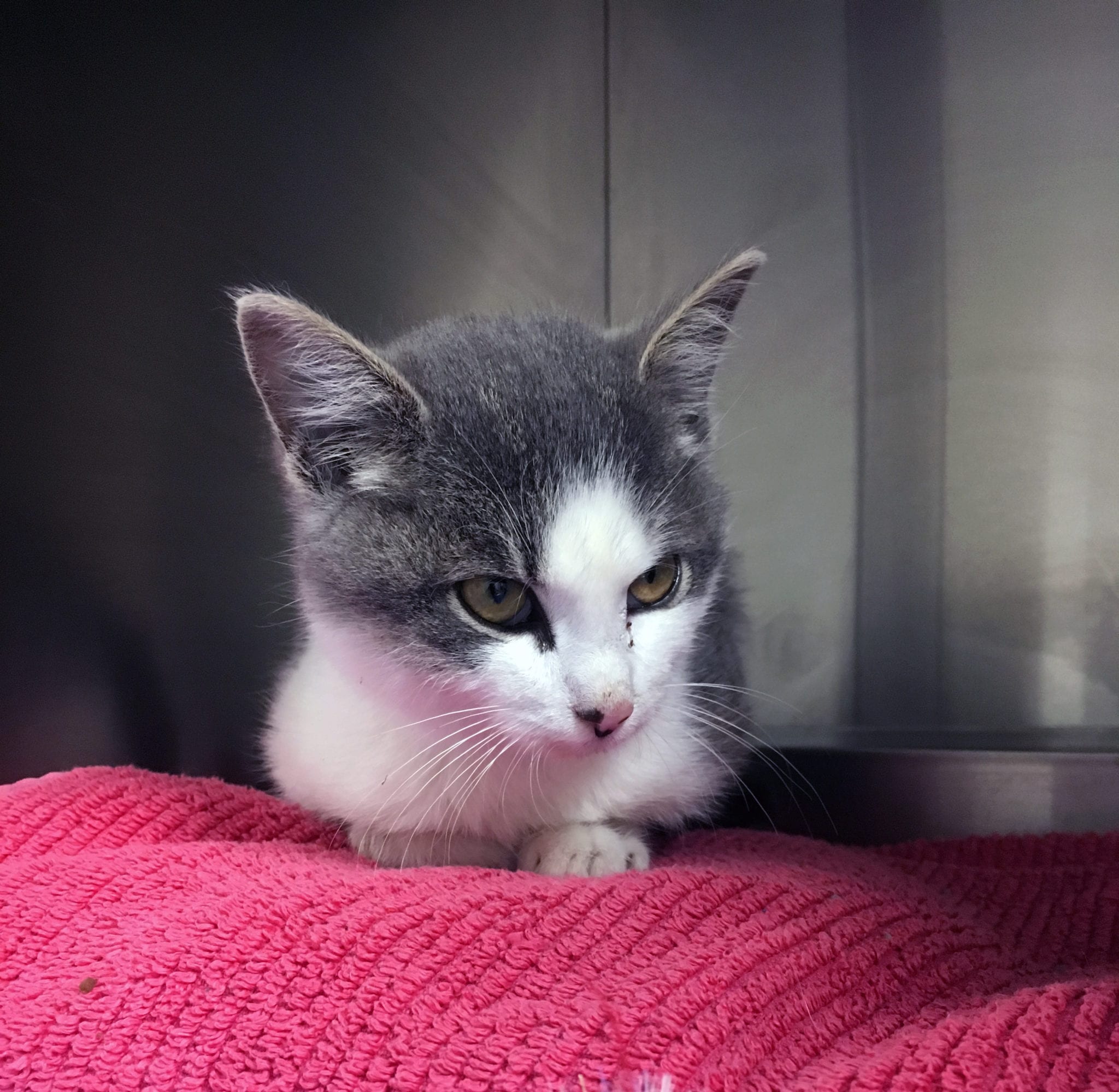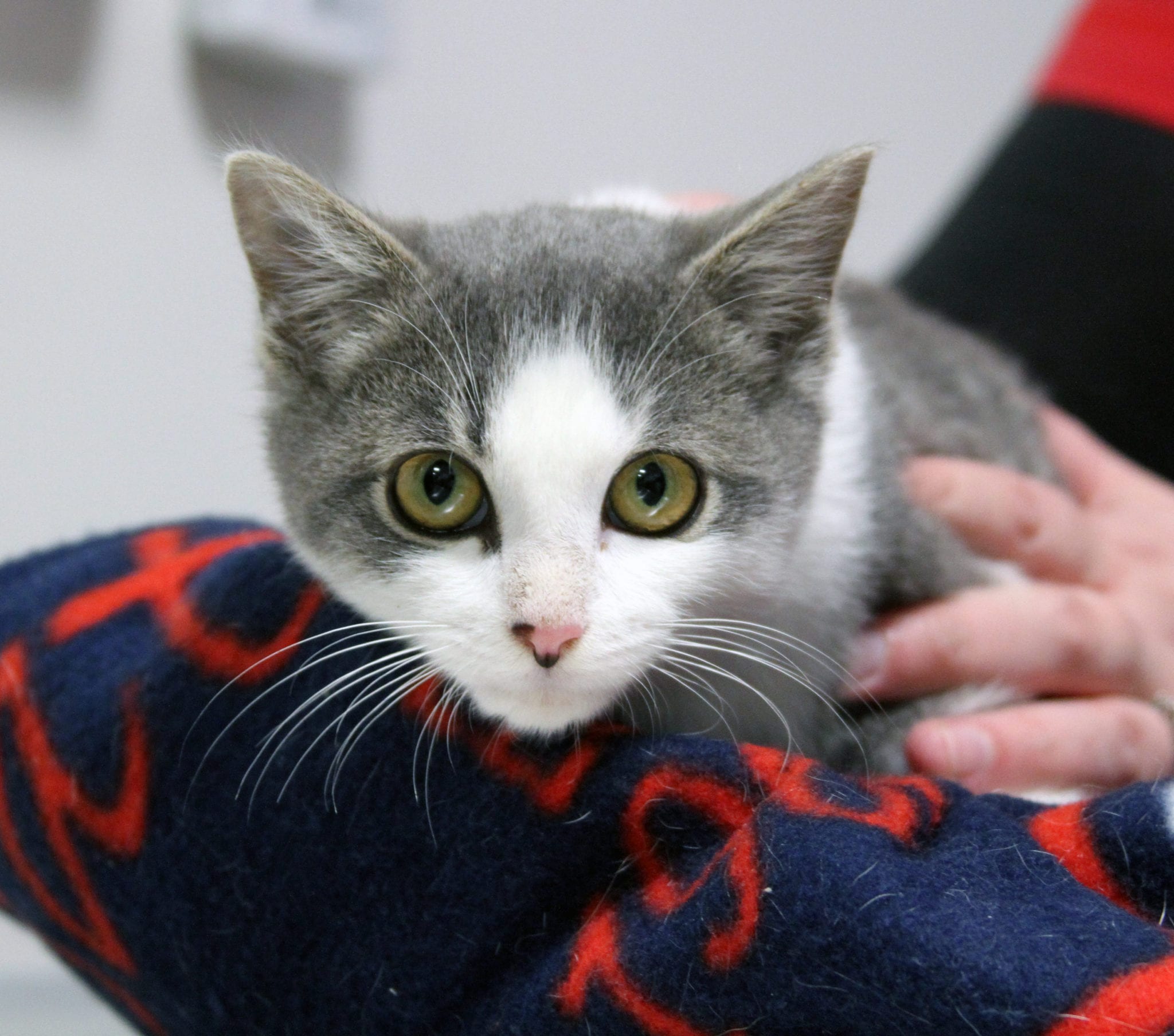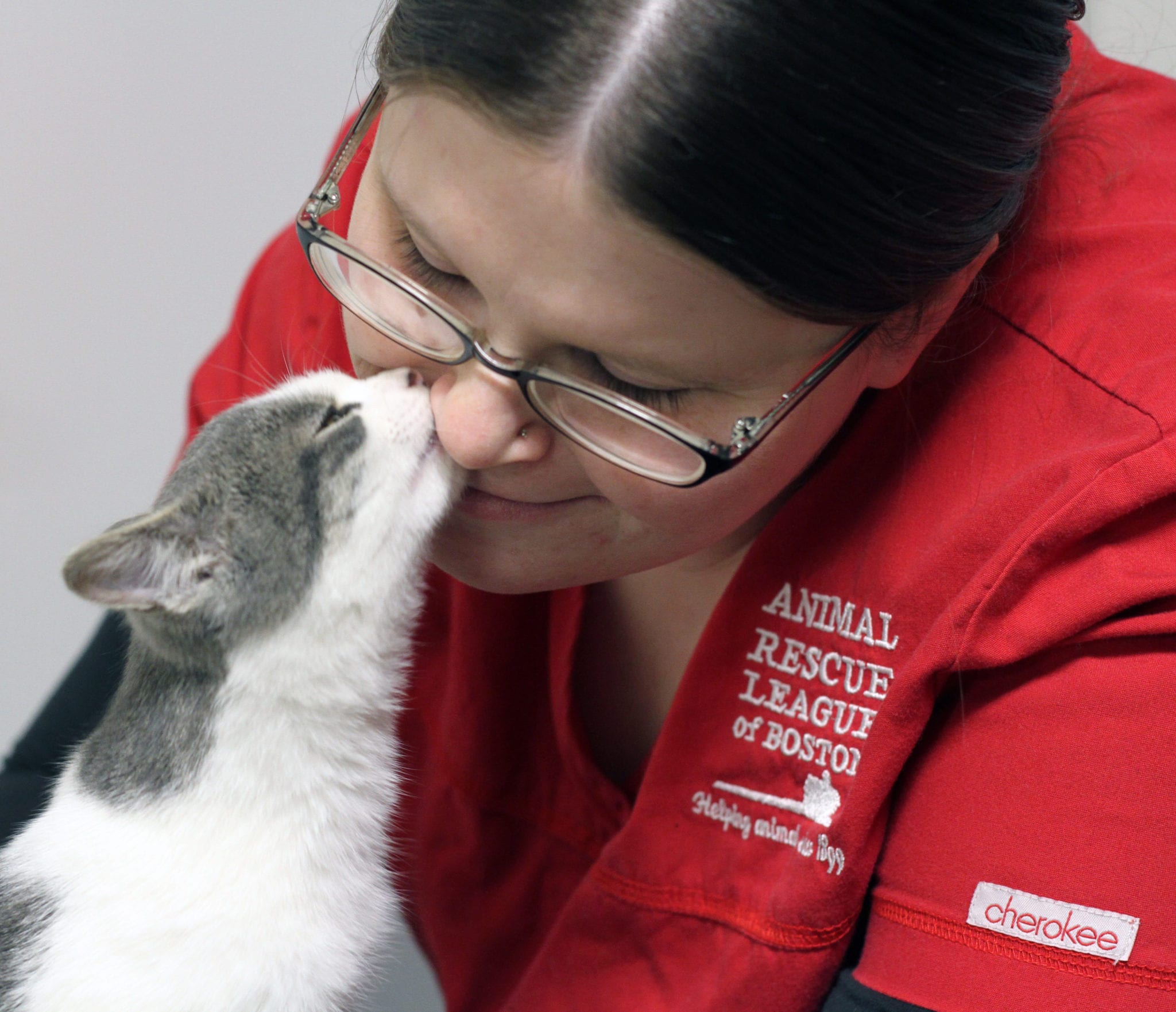ARL Reflections: A Look Back at an Amazing 2017
Top Animal Protection Stories of the Year!
The Animal Rescue League of Boston (ARL) is a recognized leader in animal safety and is often the first organization to respond when animals are in danger. Large, small, and in-between, we remove these animals from neglect, abuse; or provide an option for an owner who can no longer care for an animal and give them the care they need and a new lease on life.
 Watch the Top 5 Animal Protection Stories of 2017!
Watch the Top 5 Animal Protection Stories of 2017!
 Hoarding. In August, ARL removed 112 animals from separate hoarding situations over a period of just 25 days. These animals needed a myriad of care, in some cases that care lasted for several months.
Hoarding. In August, ARL removed 112 animals from separate hoarding situations over a period of just 25 days. These animals needed a myriad of care, in some cases that care lasted for several months.
 Diesel. Diesel needed an amputation after his tether wrapped around his leg so tight it cut off circulation, causing the leg to become necrotic. ARL took him in and found him a new home.
Diesel. Diesel needed an amputation after his tether wrapped around his leg so tight it cut off circulation, causing the leg to become necrotic. ARL took him in and found him a new home.
 Westport Goats. 1,400 animals were removed from a tenant farm in Westport, MA, in July 2016. ARL cared for more than 100 animals, including several pregnant goats. This past spring nine of these goats including baby Eloise were adopted by a local counseling center and are now part of an outpatient healing program.
Westport Goats. 1,400 animals were removed from a tenant farm in Westport, MA, in July 2016. ARL cared for more than 100 animals, including several pregnant goats. This past spring nine of these goats including baby Eloise were adopted by a local counseling center and are now part of an outpatient healing program.
 Water Buffalo. When the owner of two 1,000-plus-pound water buffalo could no longer care for them, ARL sprang into action. A suitable location was found quickly, and the large animals are incredibly happy in their new surroundings on a Massachusetts farm.
Water Buffalo. When the owner of two 1,000-plus-pound water buffalo could no longer care for them, ARL sprang into action. A suitable location was found quickly, and the large animals are incredibly happy in their new surroundings on a Massachusetts farm.
 Rabies Quarantine. In 2016, Governor Charlie Baker revised state regulations that reduced rabies quarantine periods from six months to four. This change benefits quarantined animals in a variety of ways, and Lars and Bryan Adams were the first animals at ARL to experience four-month quarantines.
Rabies Quarantine. In 2016, Governor Charlie Baker revised state regulations that reduced rabies quarantine periods from six months to four. This change benefits quarantined animals in a variety of ways, and Lars and Bryan Adams were the first animals at ARL to experience four-month quarantines.
Let’s Help Even More Animals in 2018 — Together!
The above stories are just a tiny sample-size of the work that ARL is doing every day. Animals at ARL receive the specialized veterinary care, kind attention, and socialization they need to thrive — only because of YOUR generous donations. ARL receives no government funding, relying solely on the generosity of individuals like you to keep our important work going. We need your continued support today to ensure we start the New Year fully-funded to respond to the nearly 18,000 animals who will depend on us for help. Your tax-deductible donation will provide the critical resources necessary to help thousands of homeless animals, family pets, wildlife, and communities most in need in 2018.
Thank you for being a Champion for Animals and for giving generously today!

